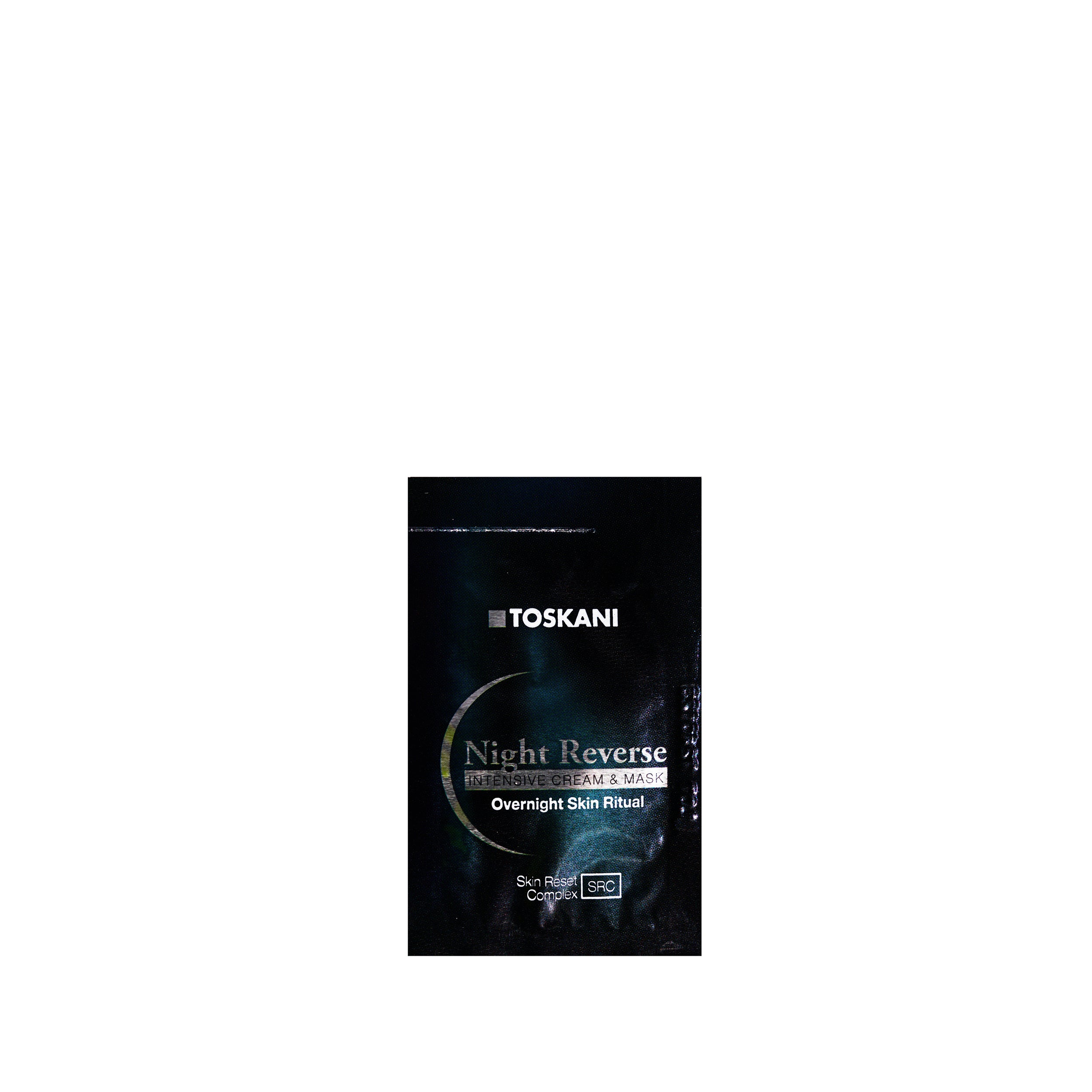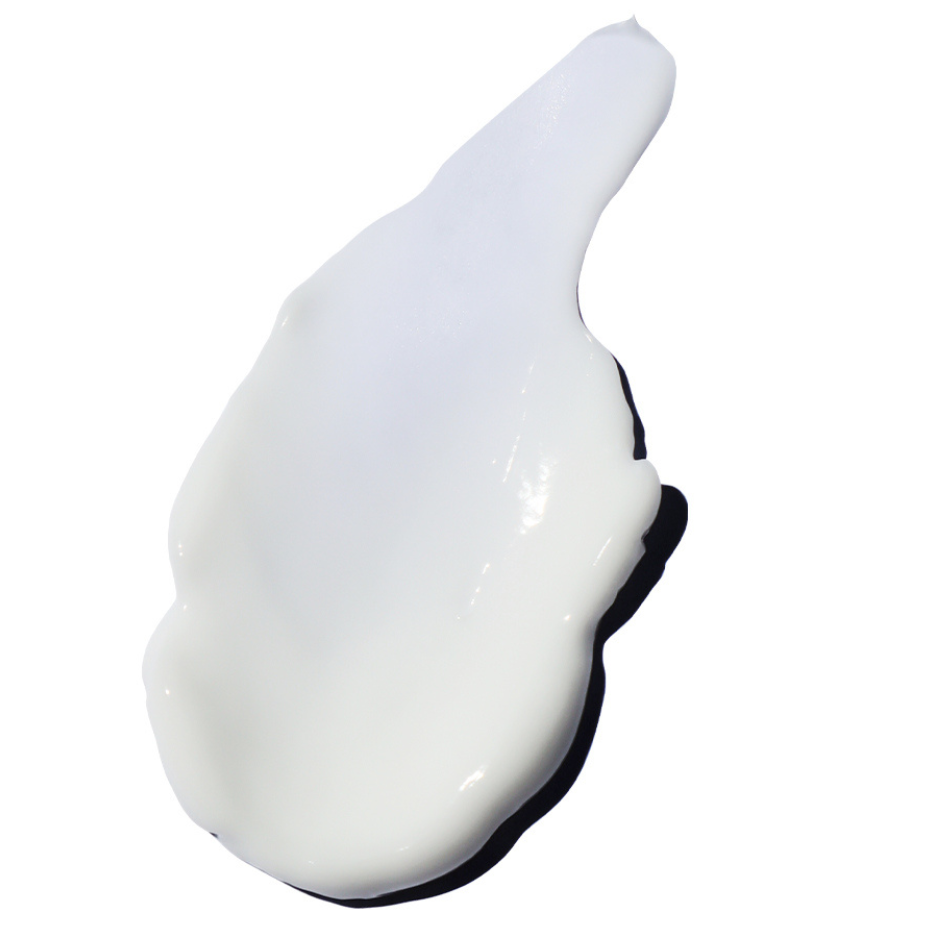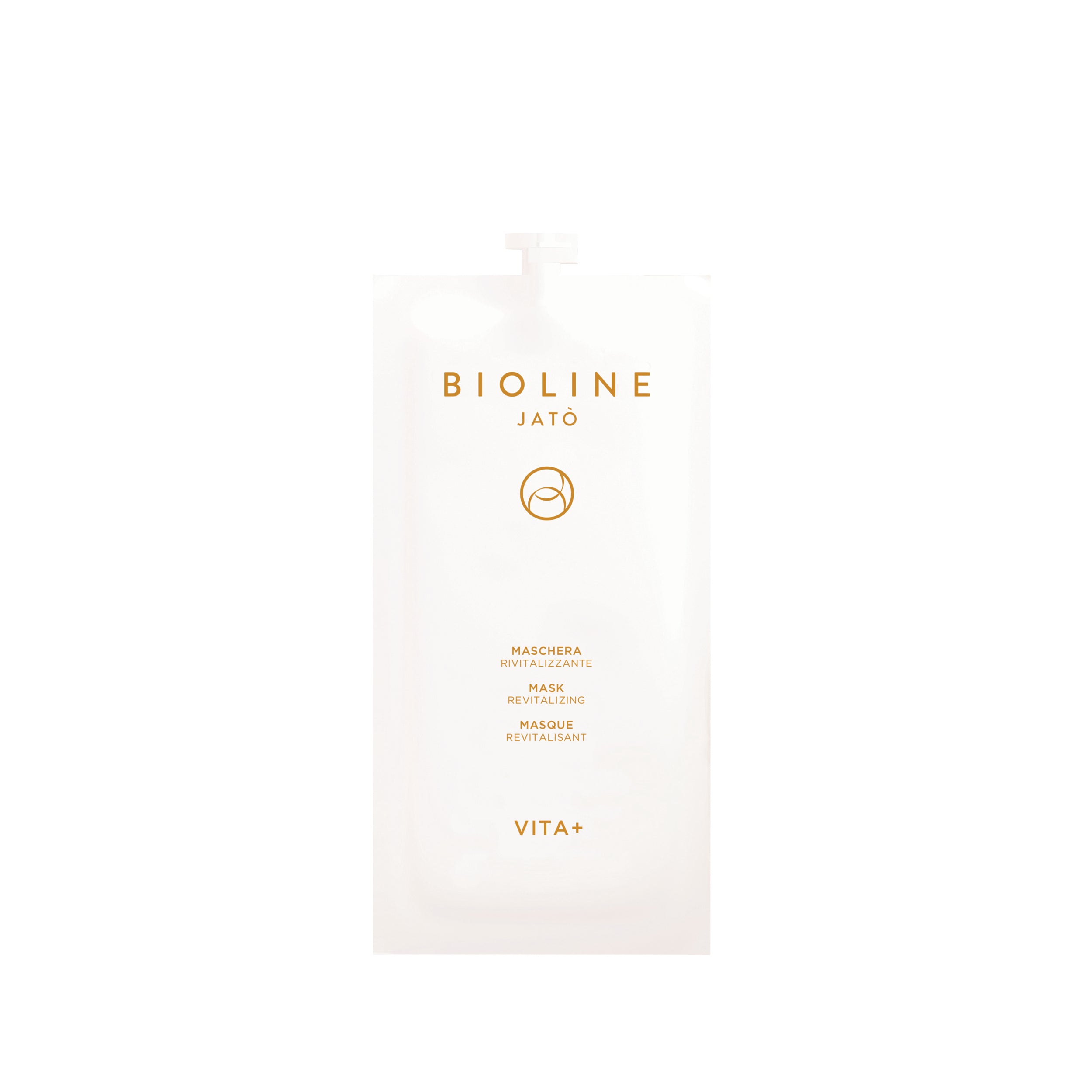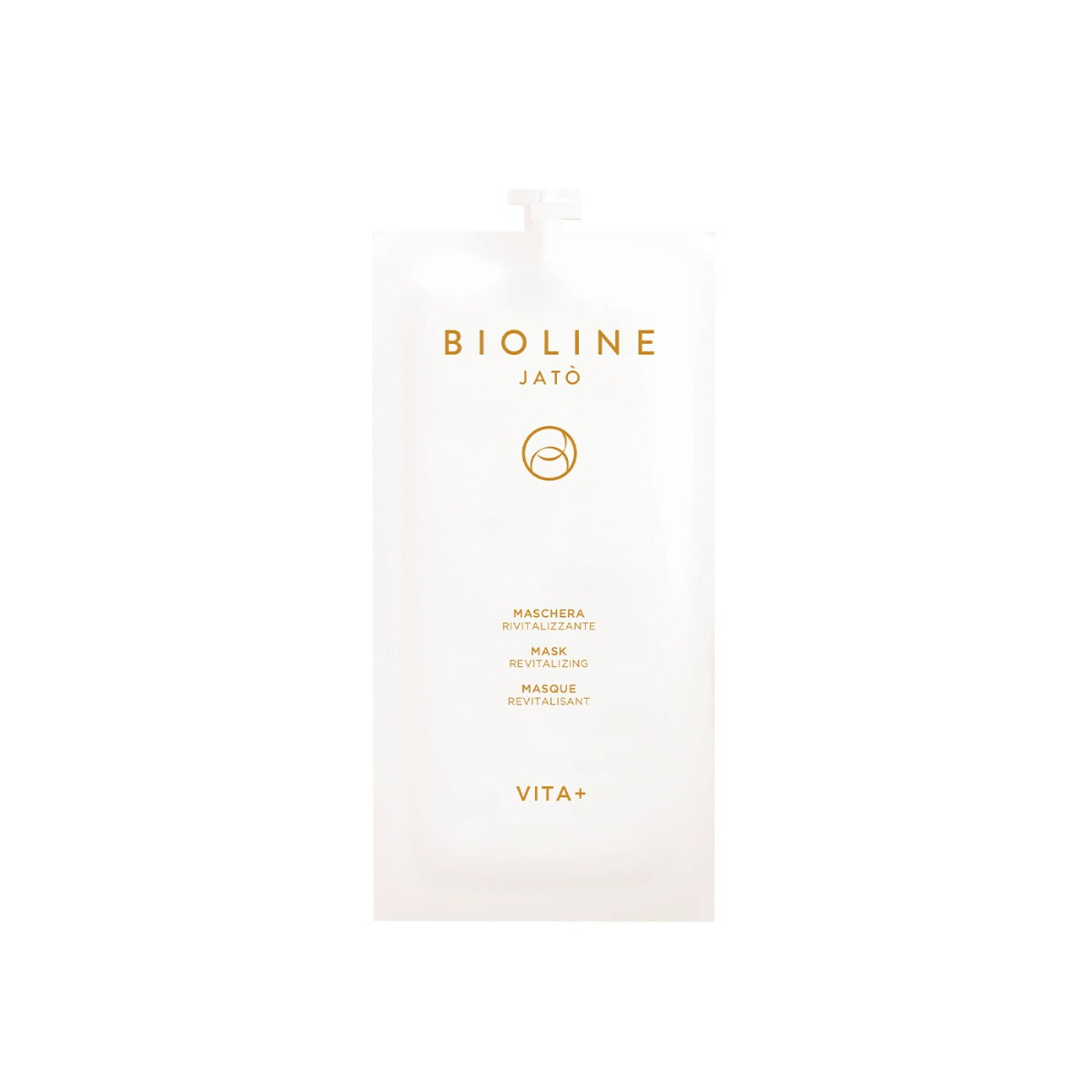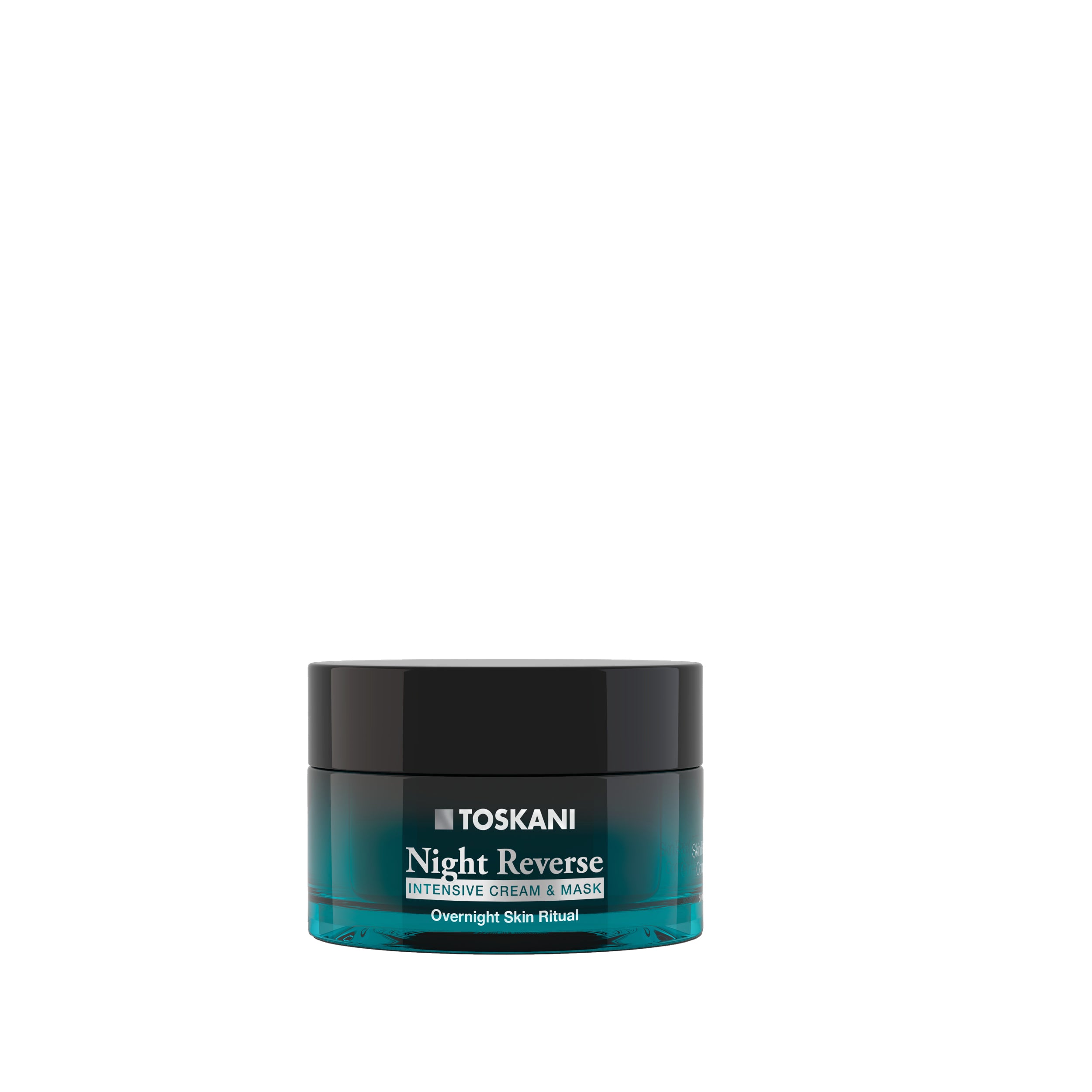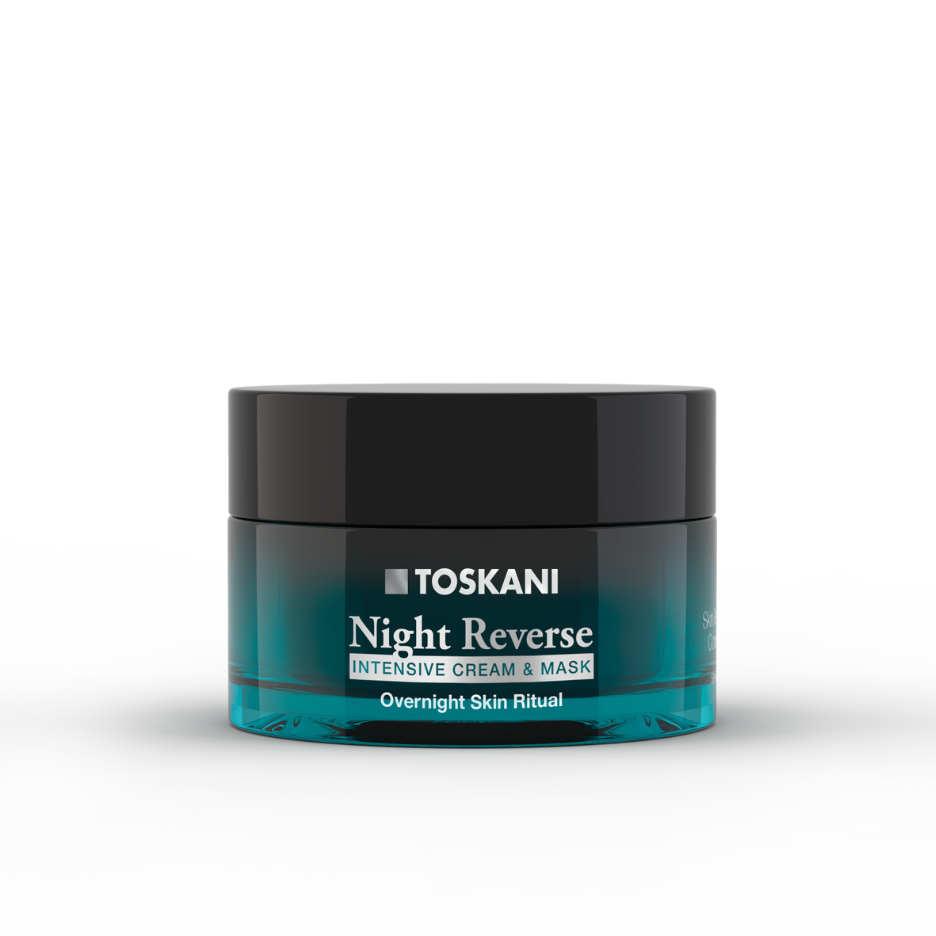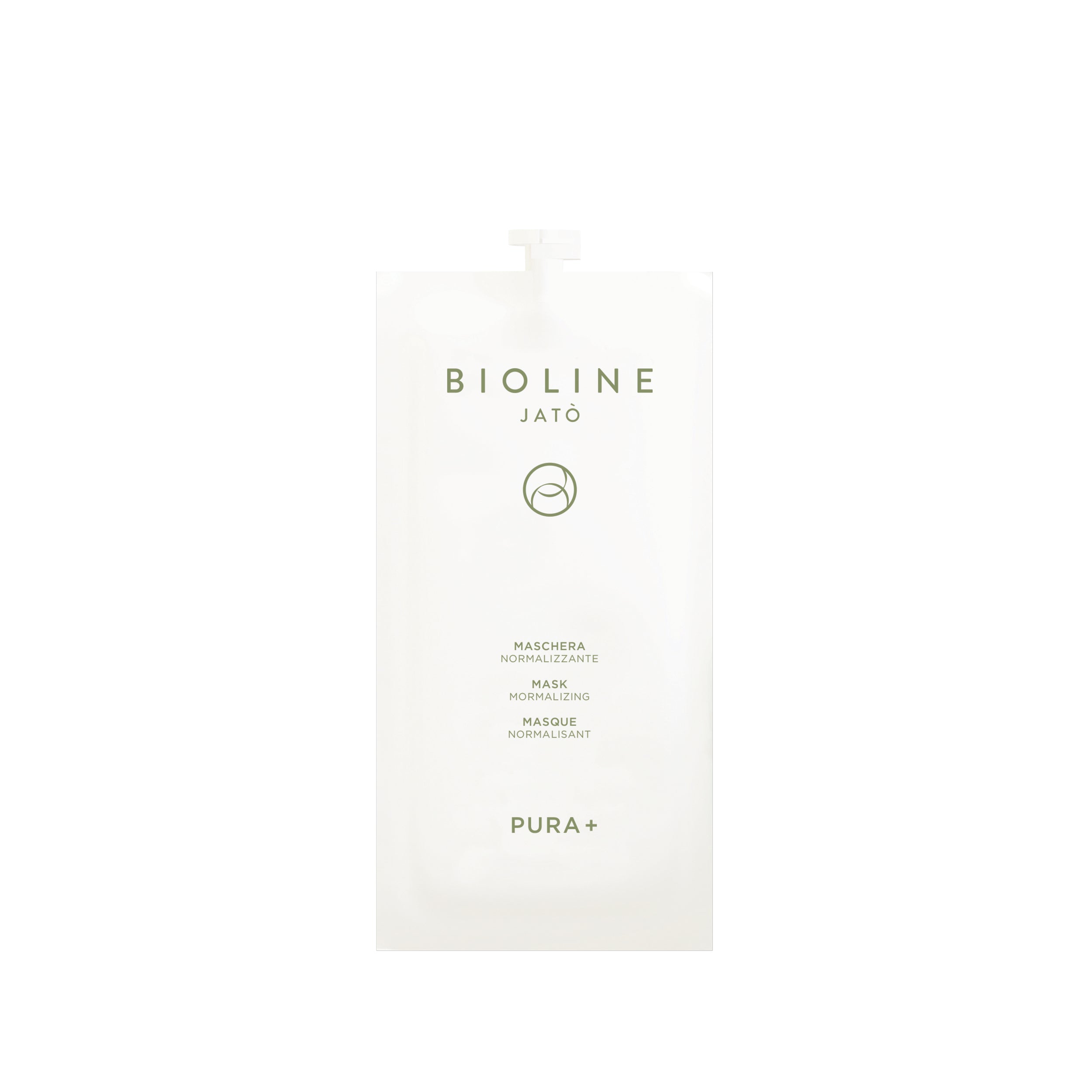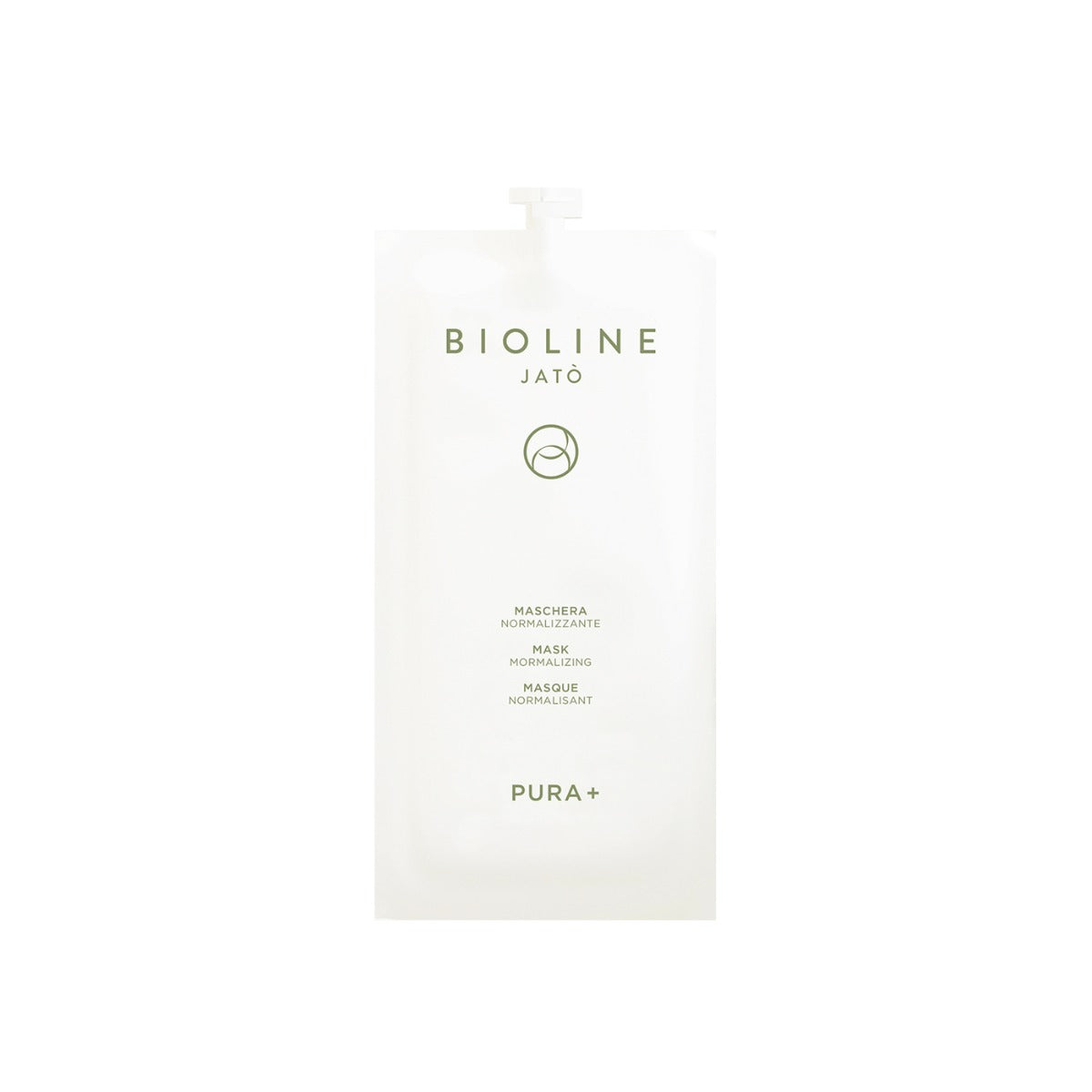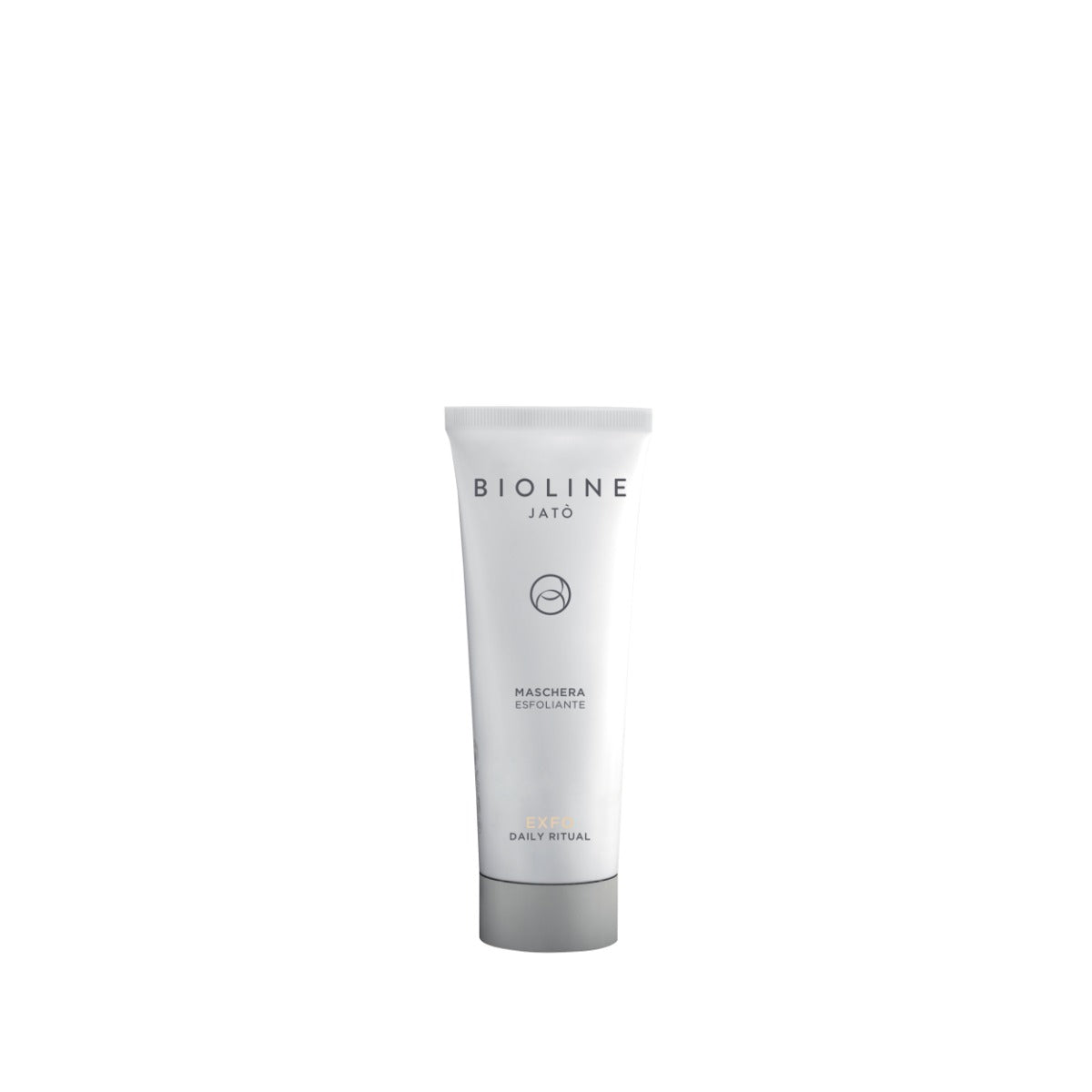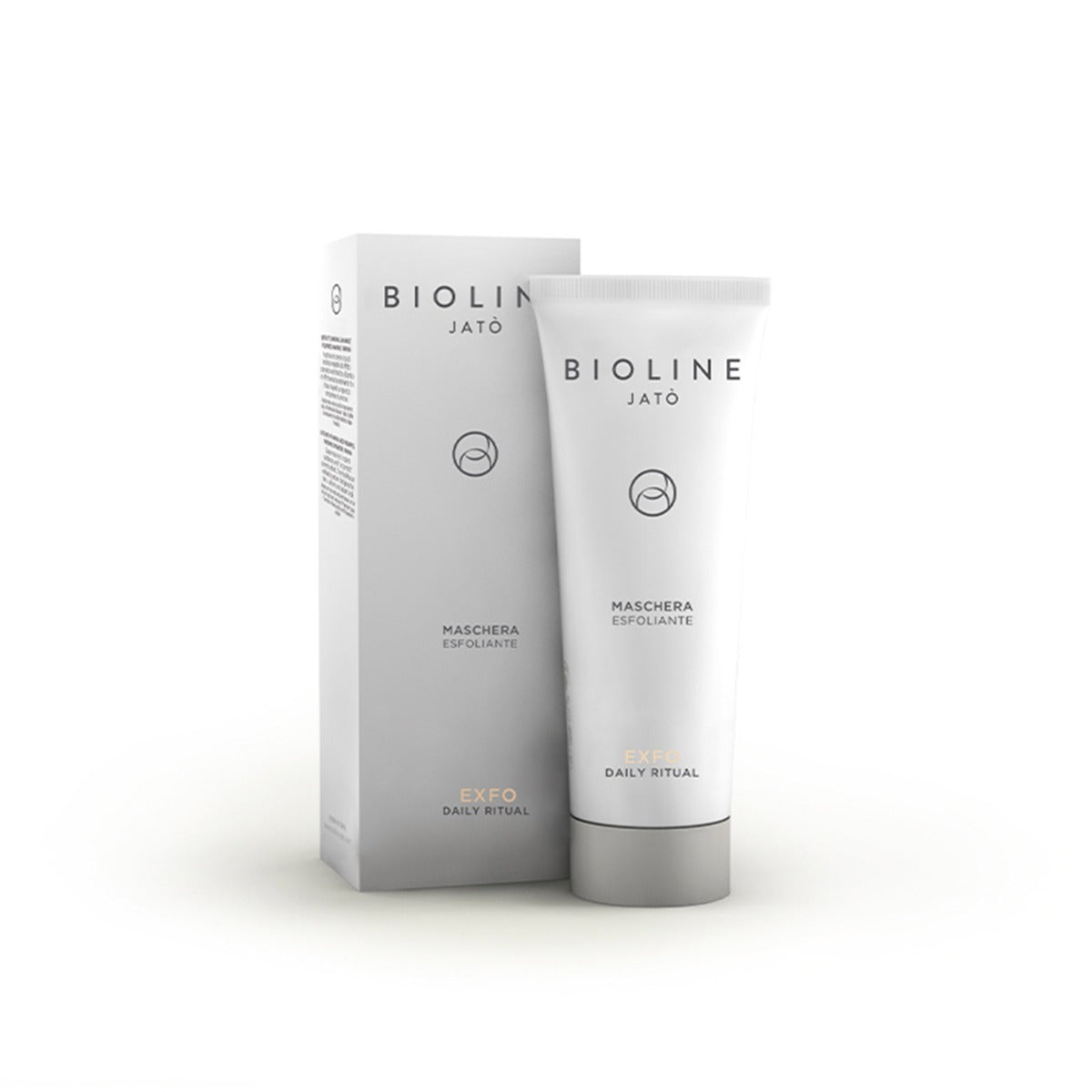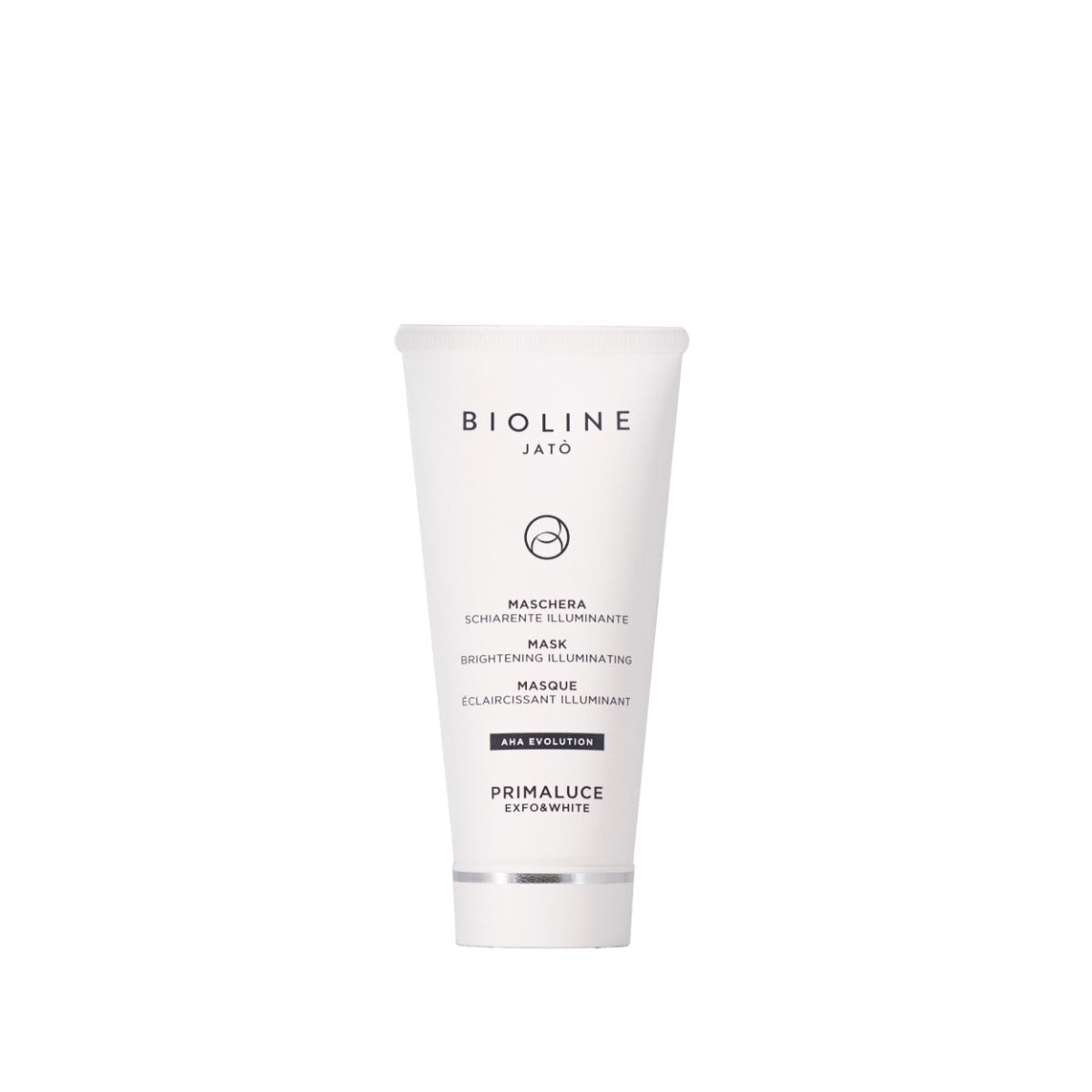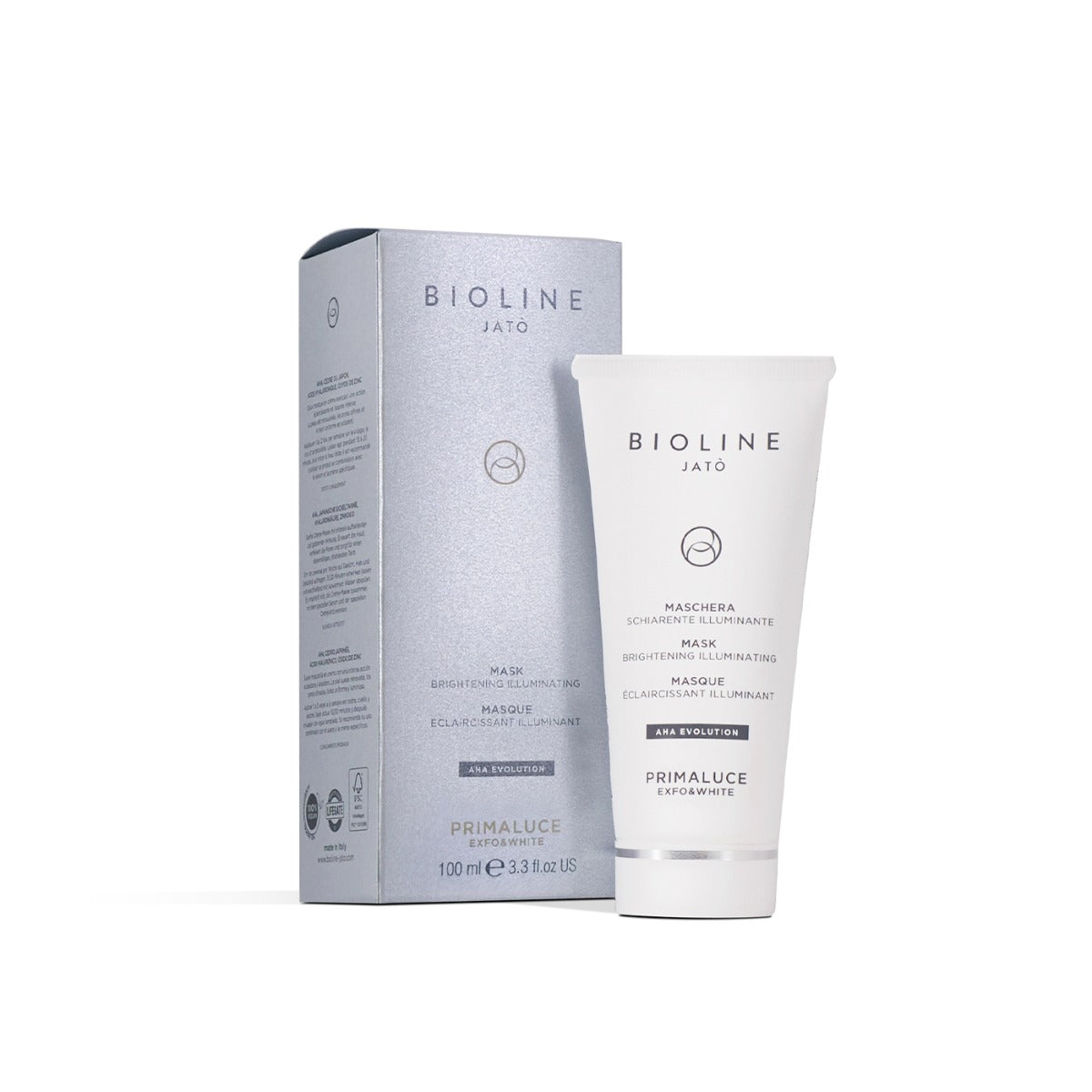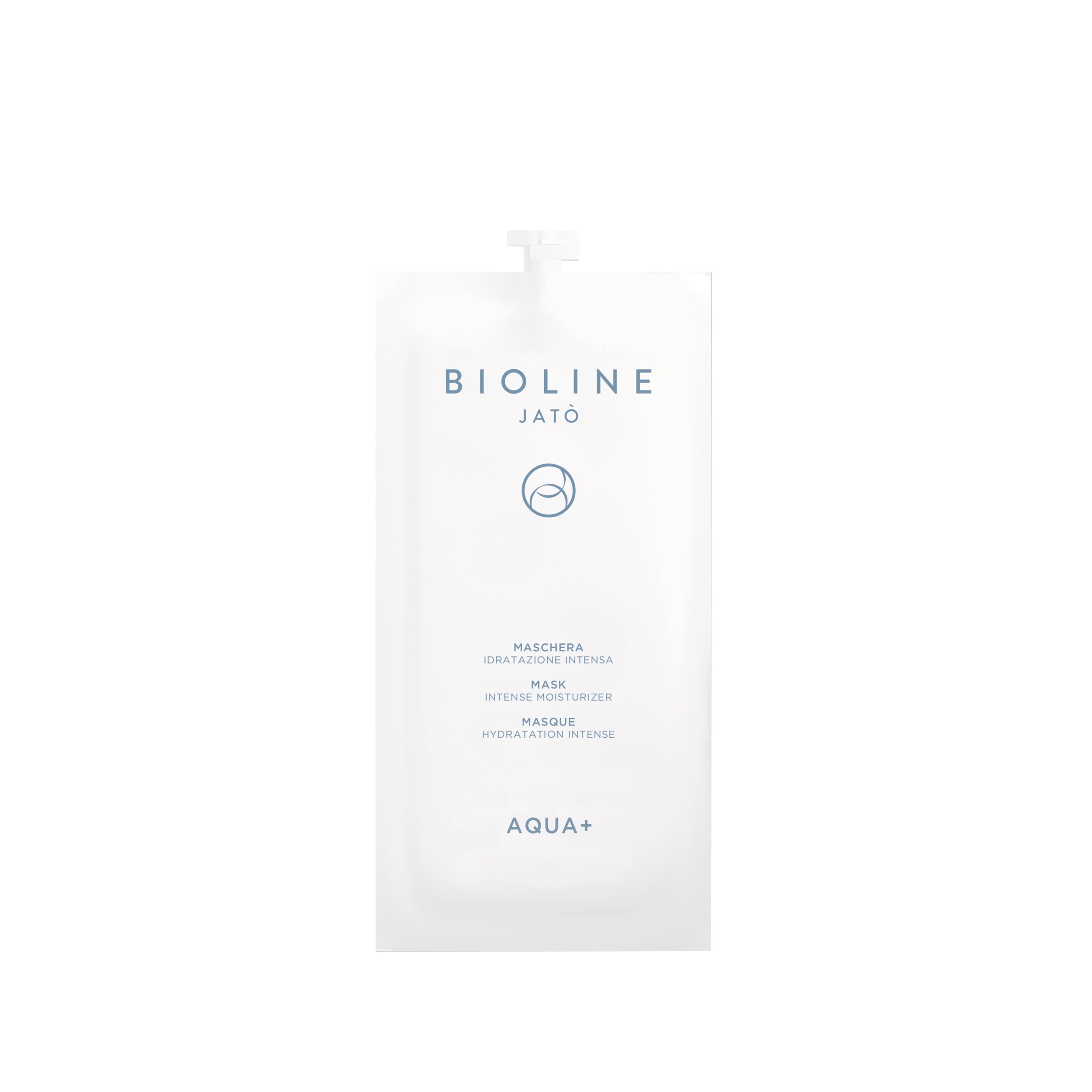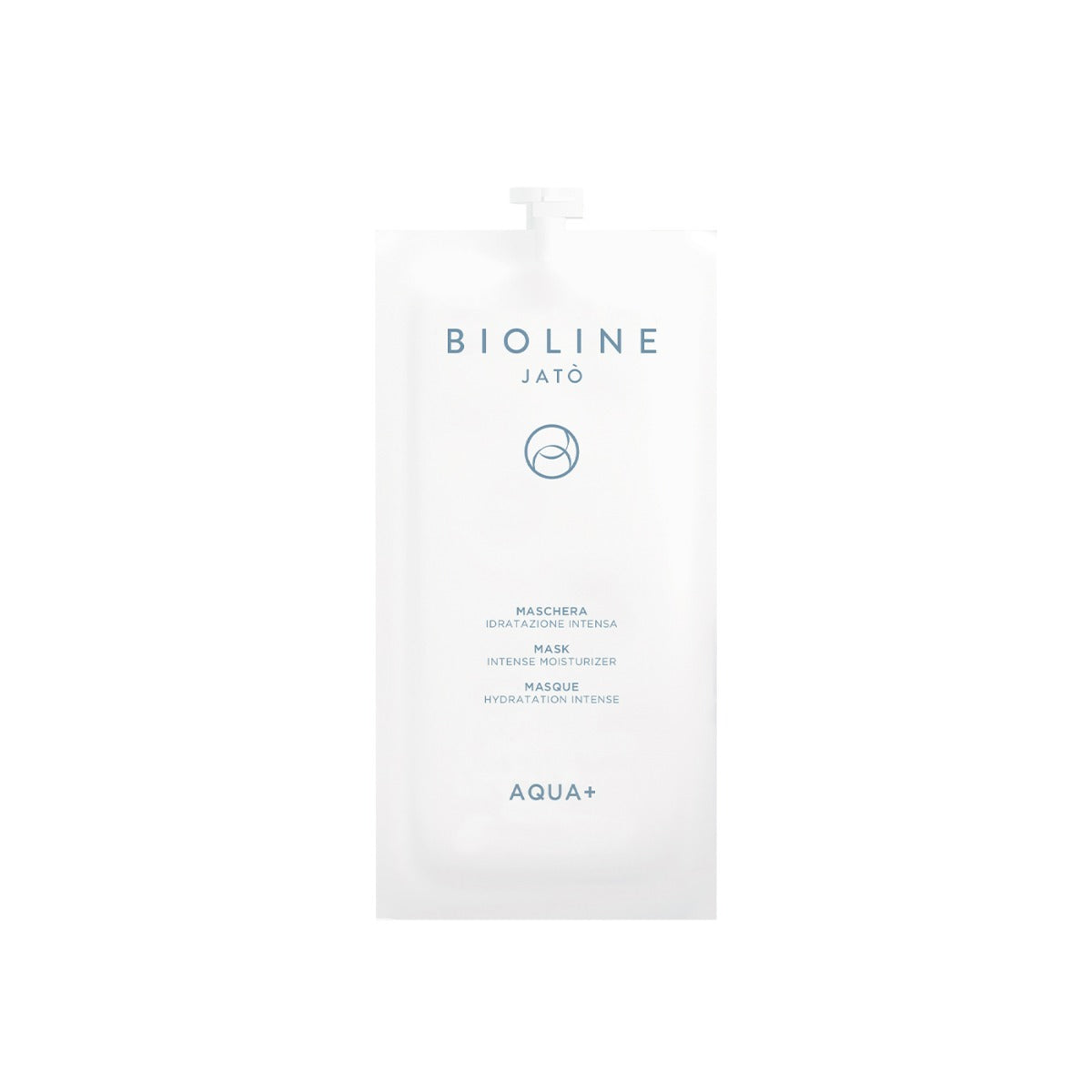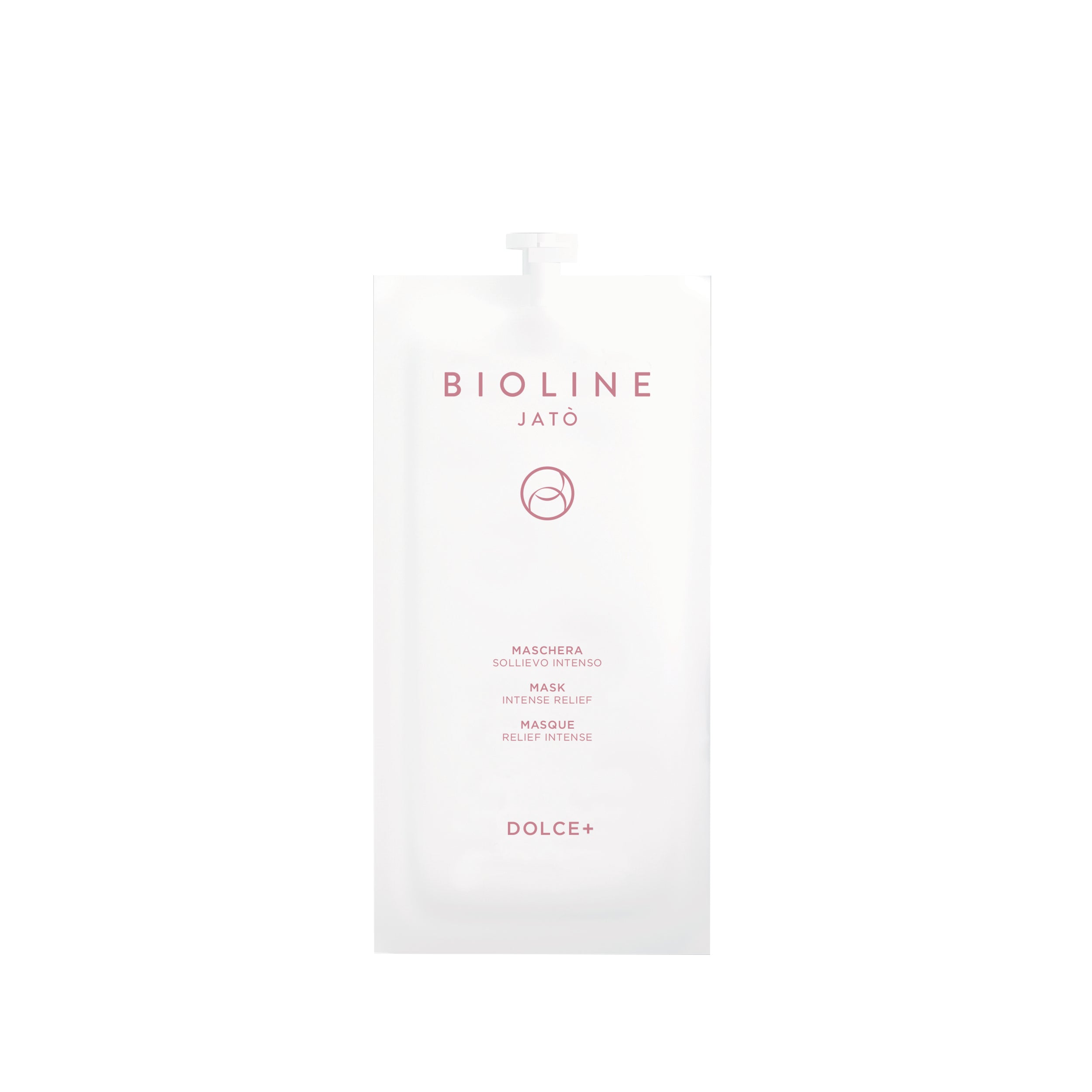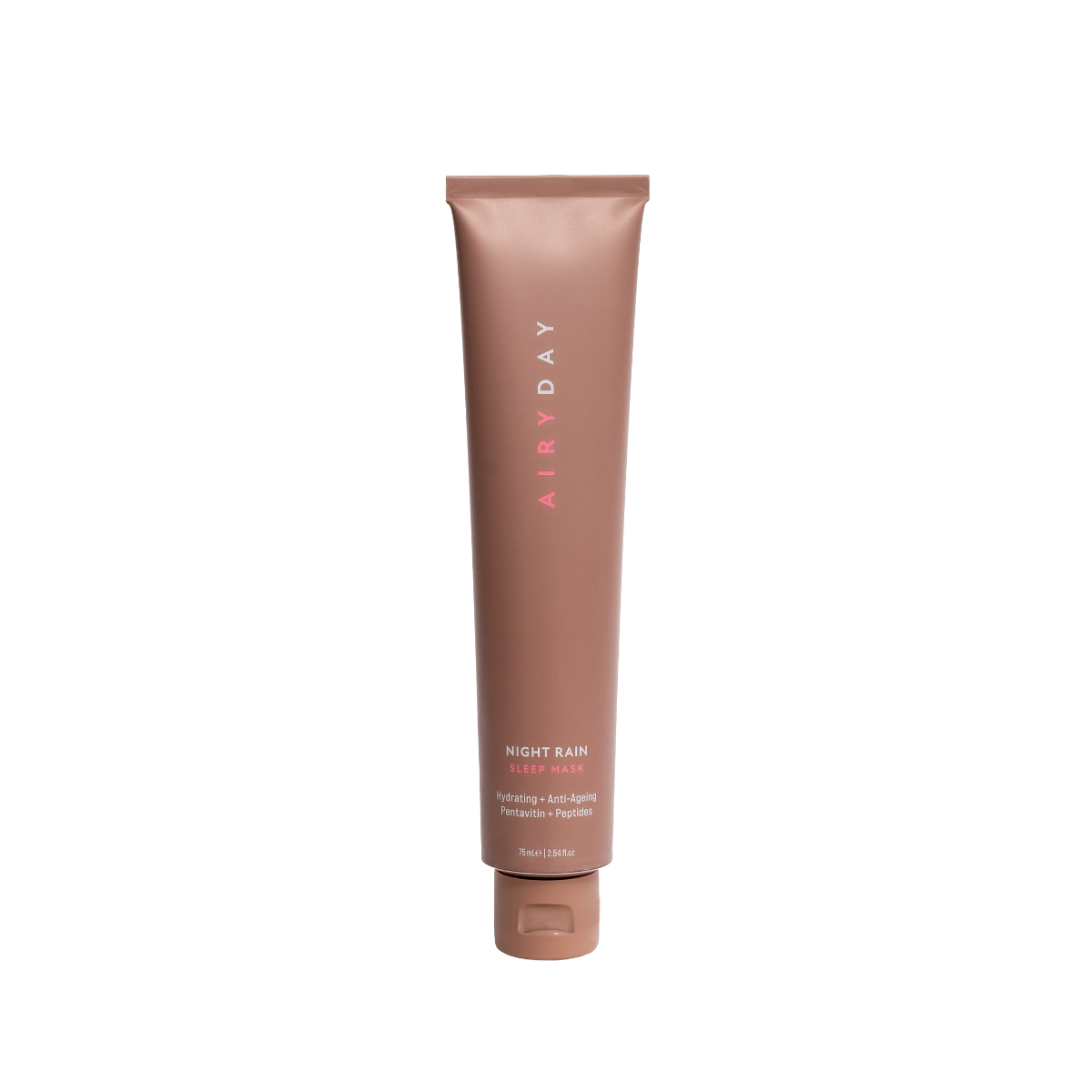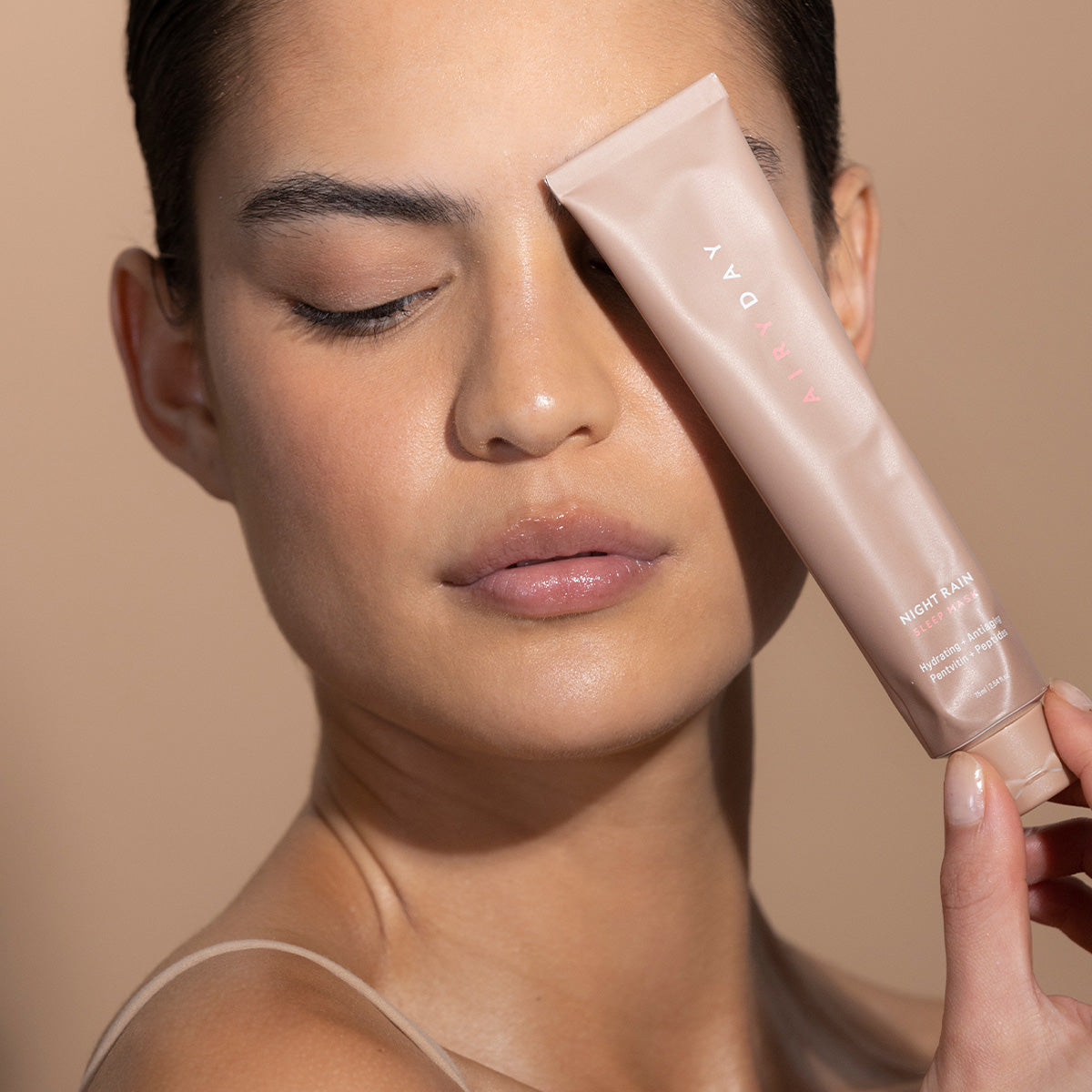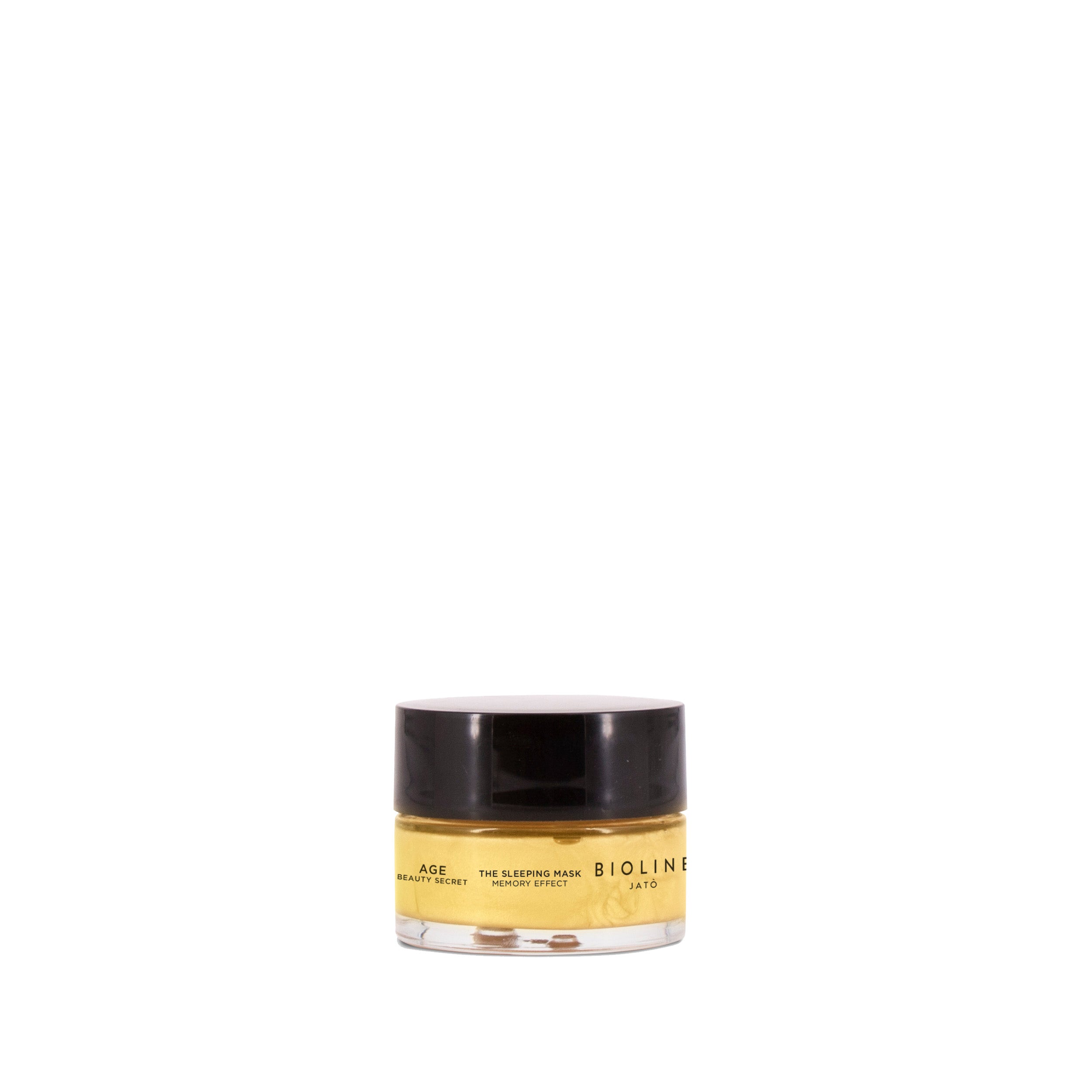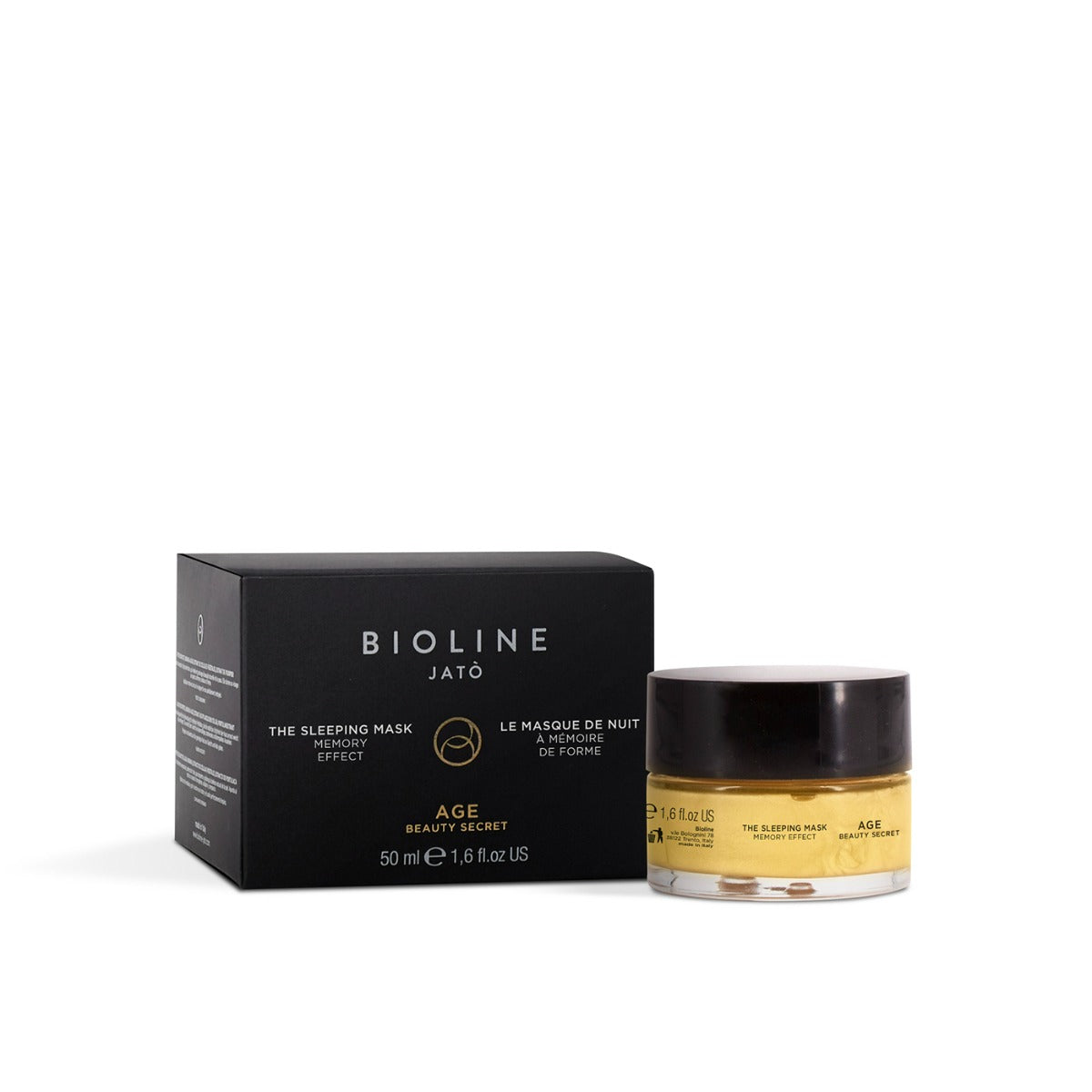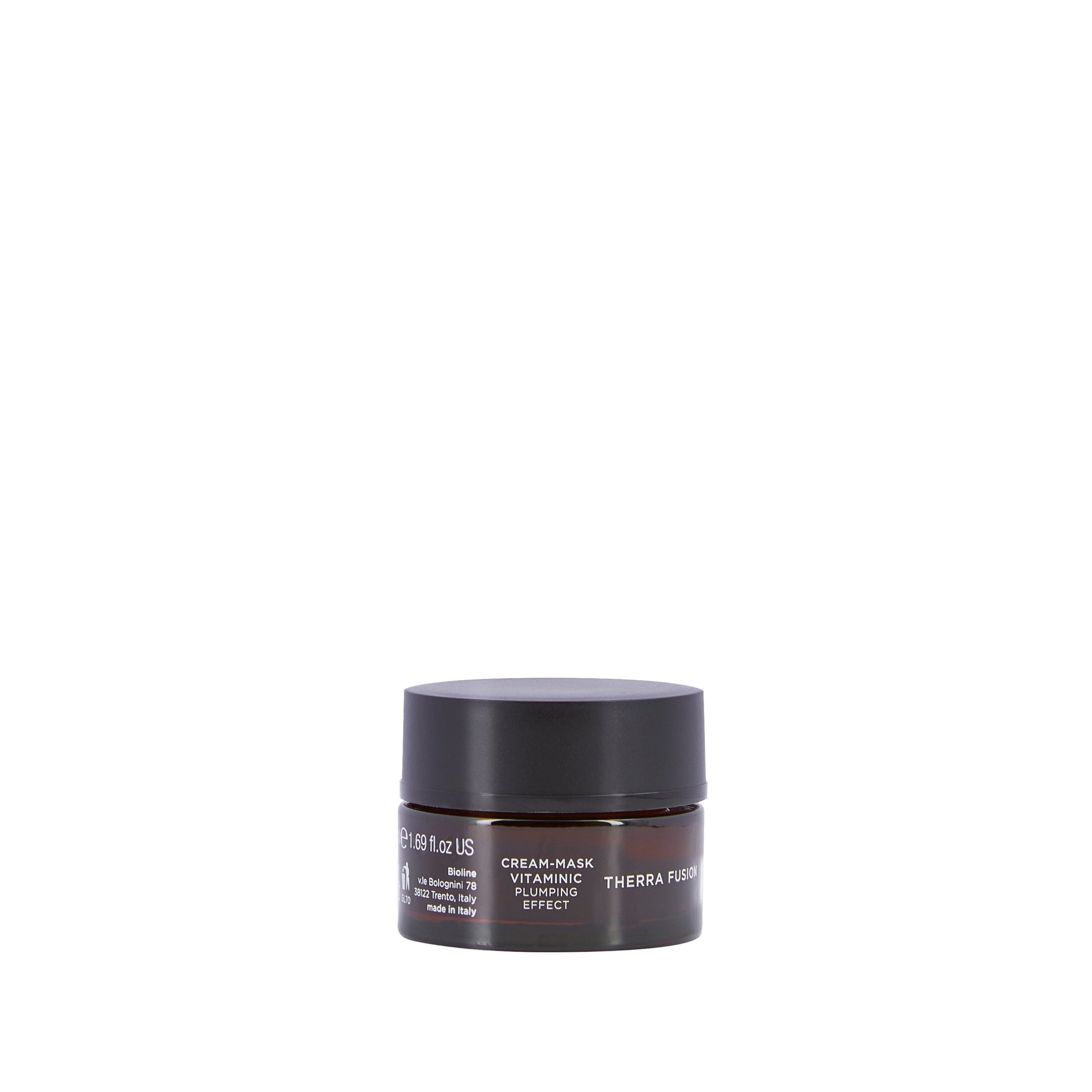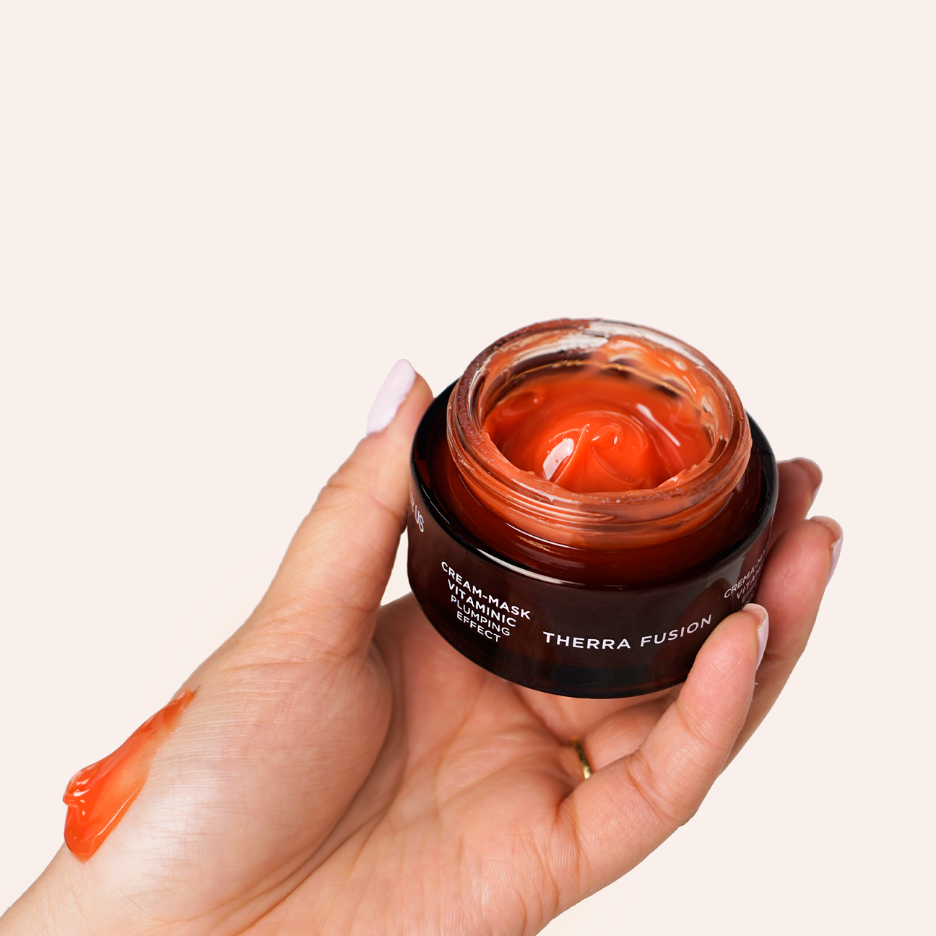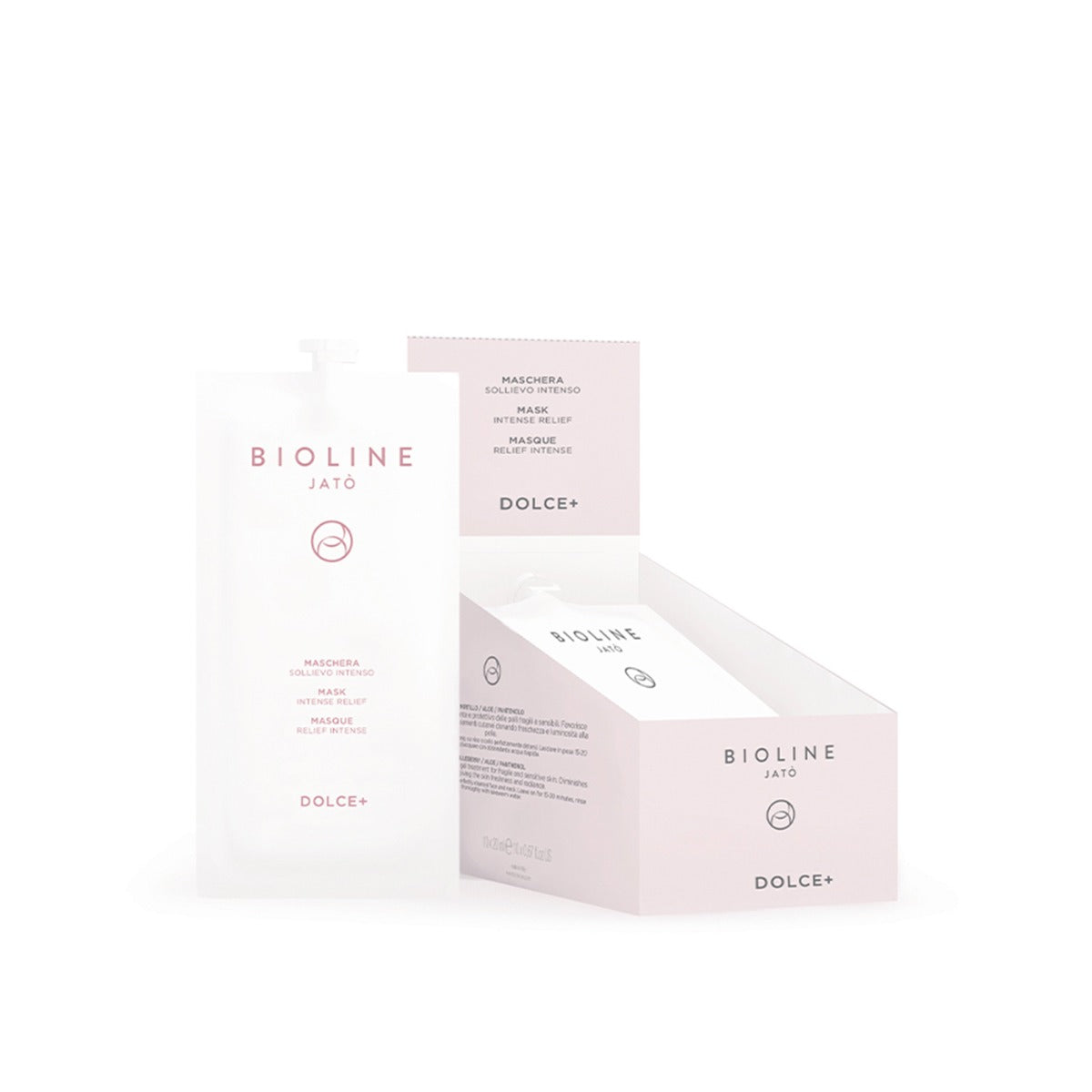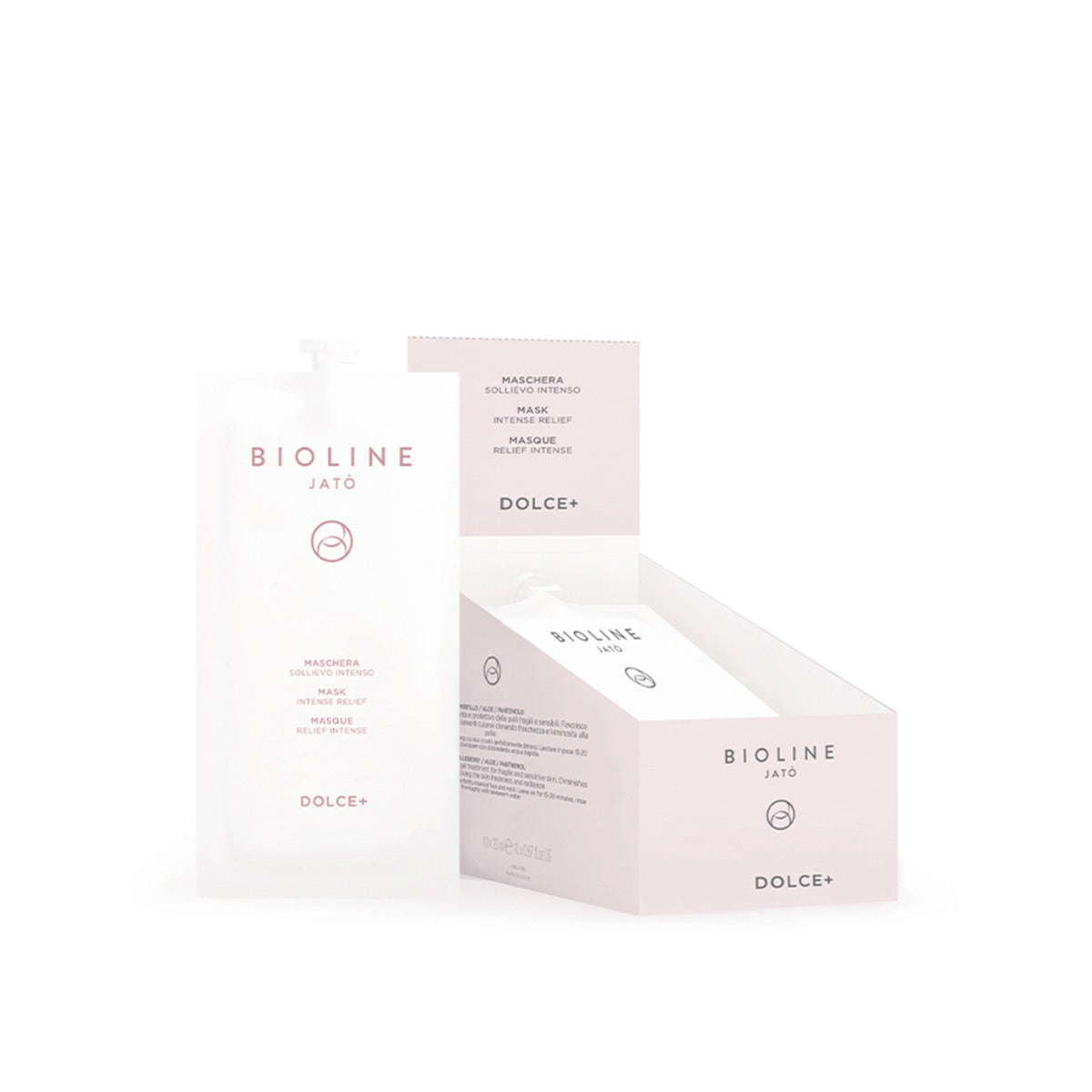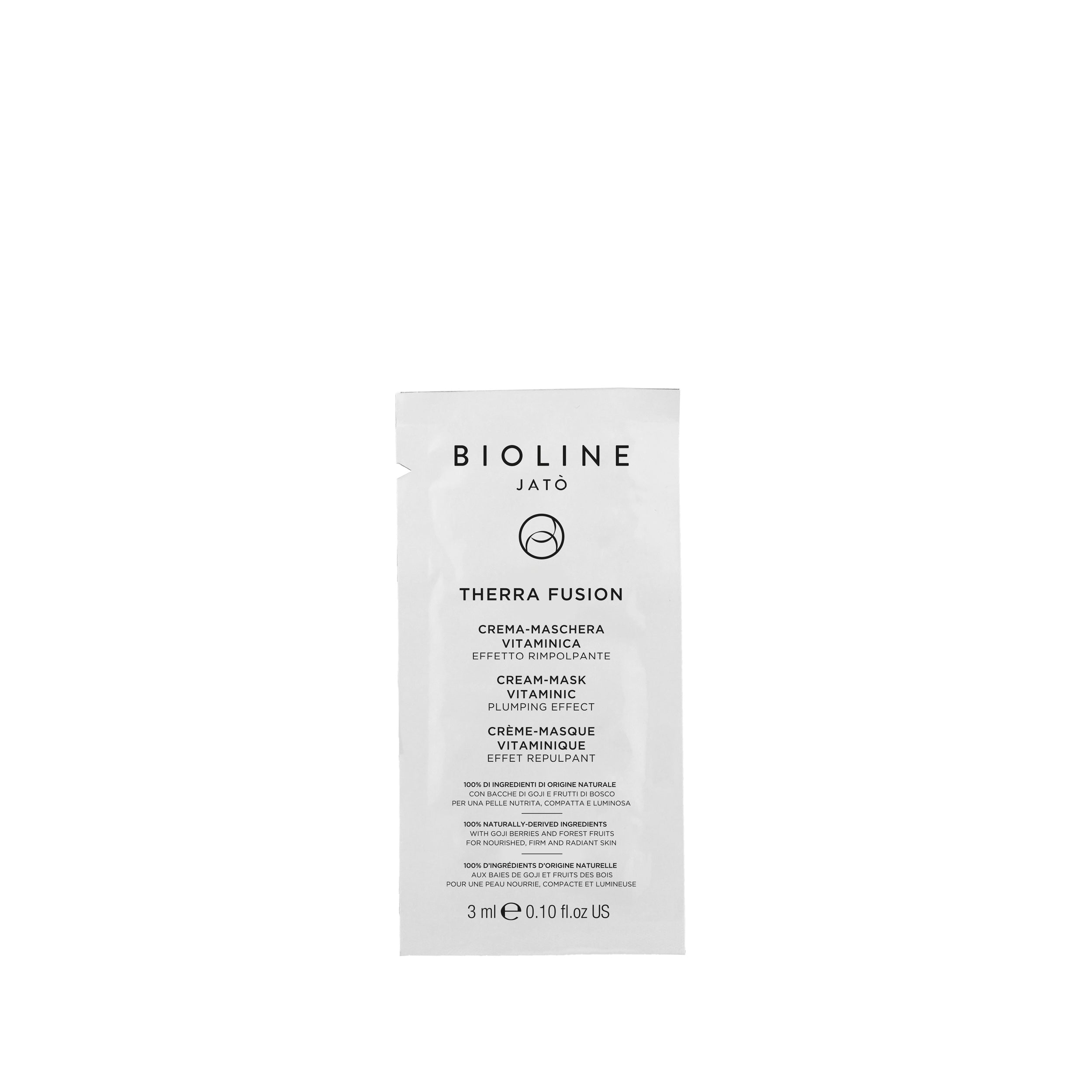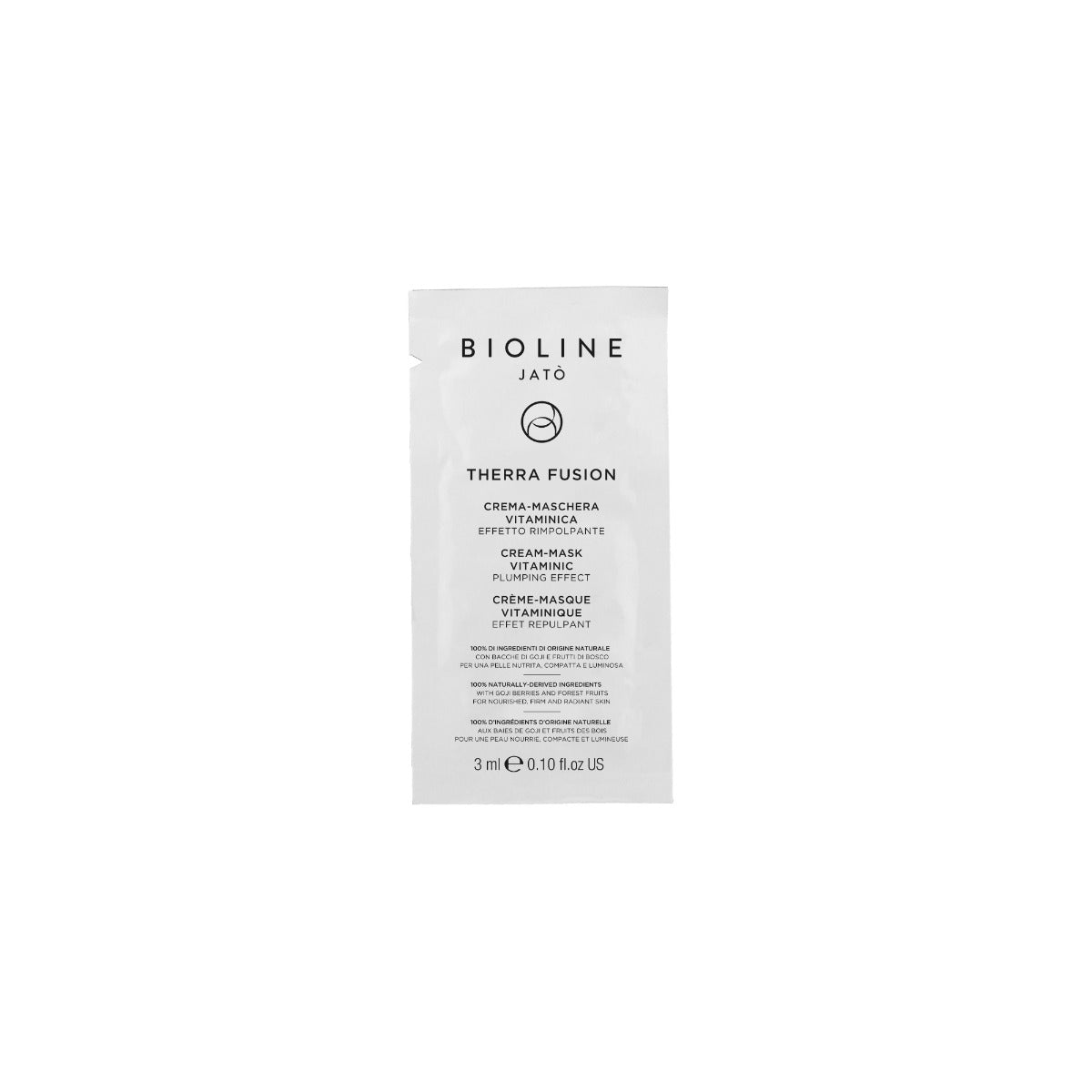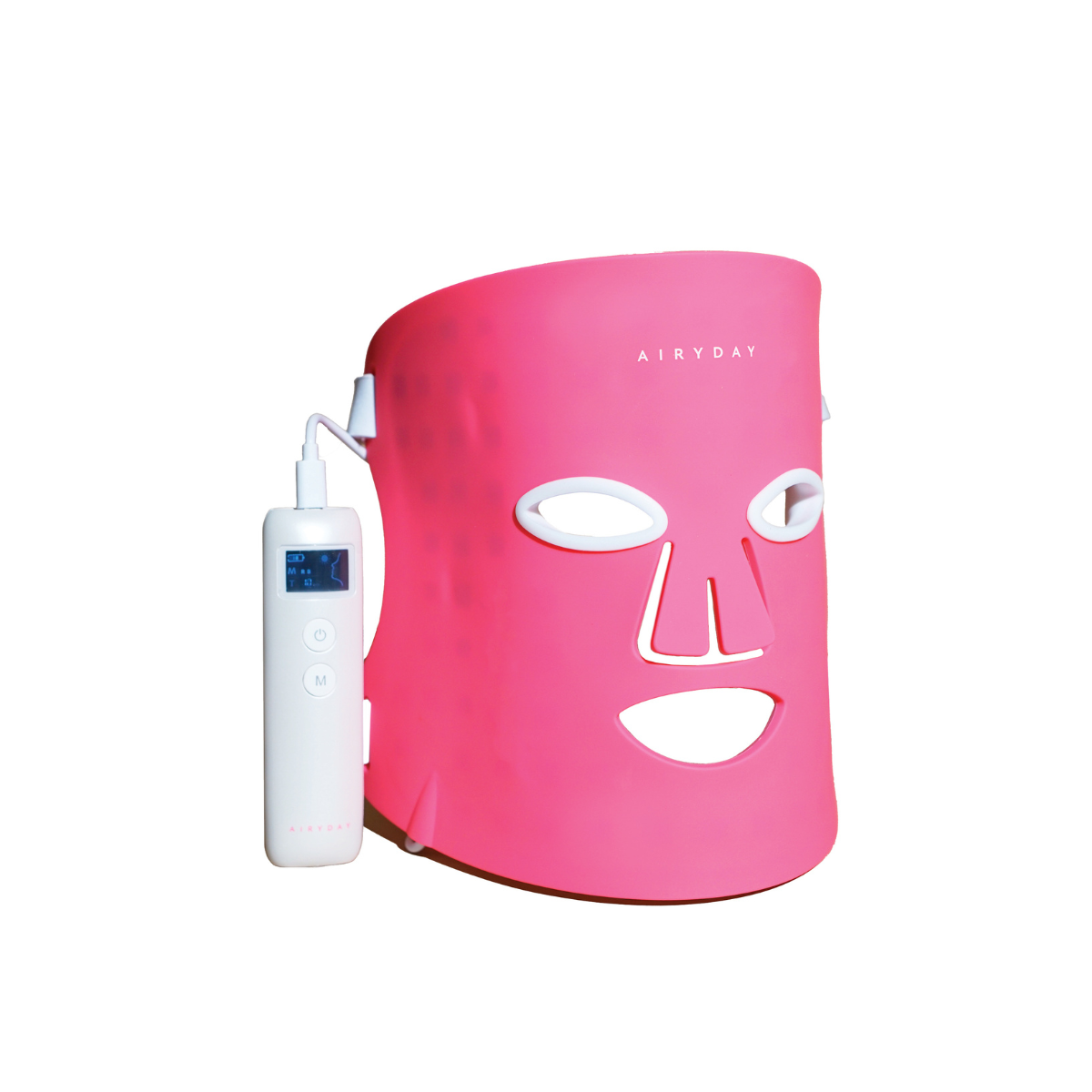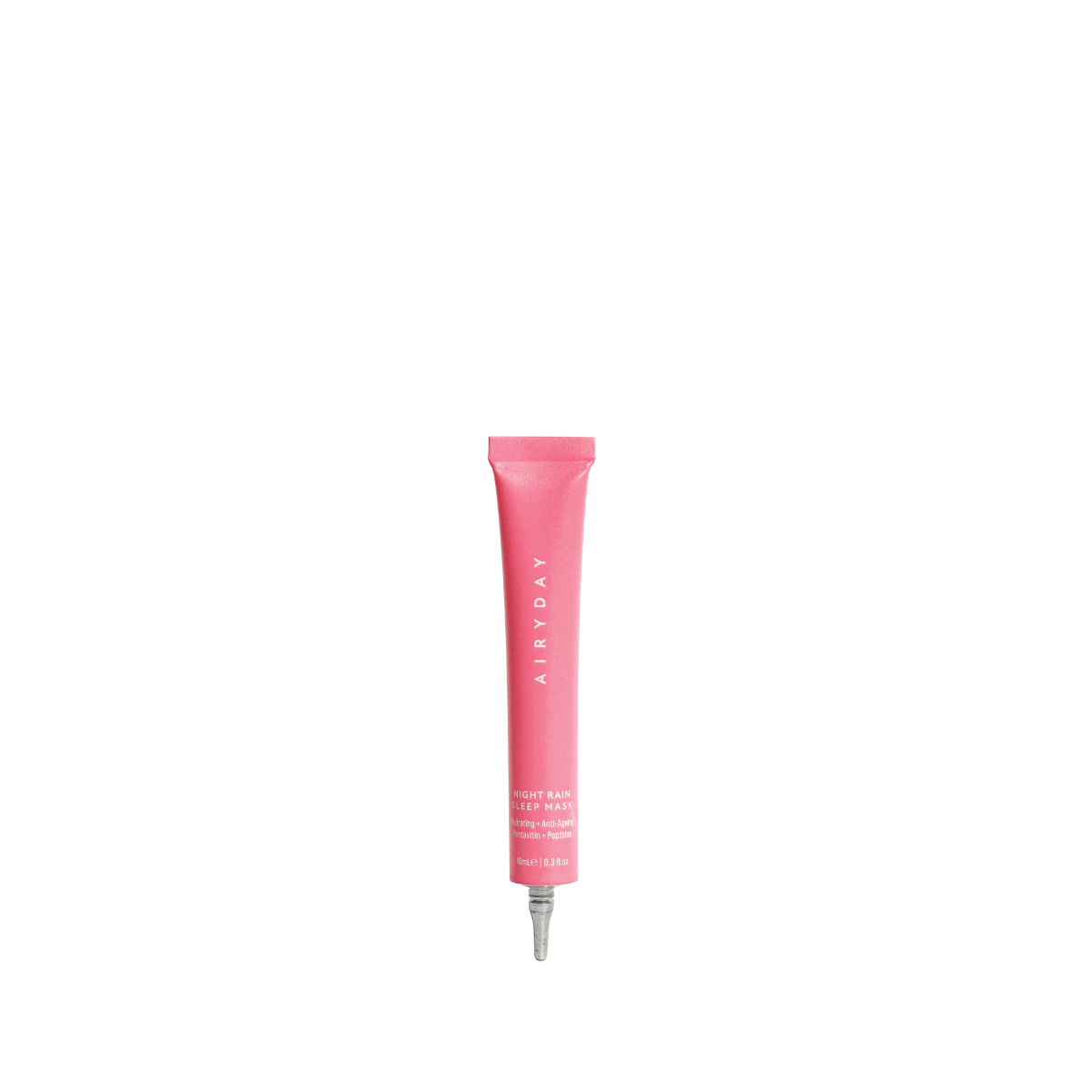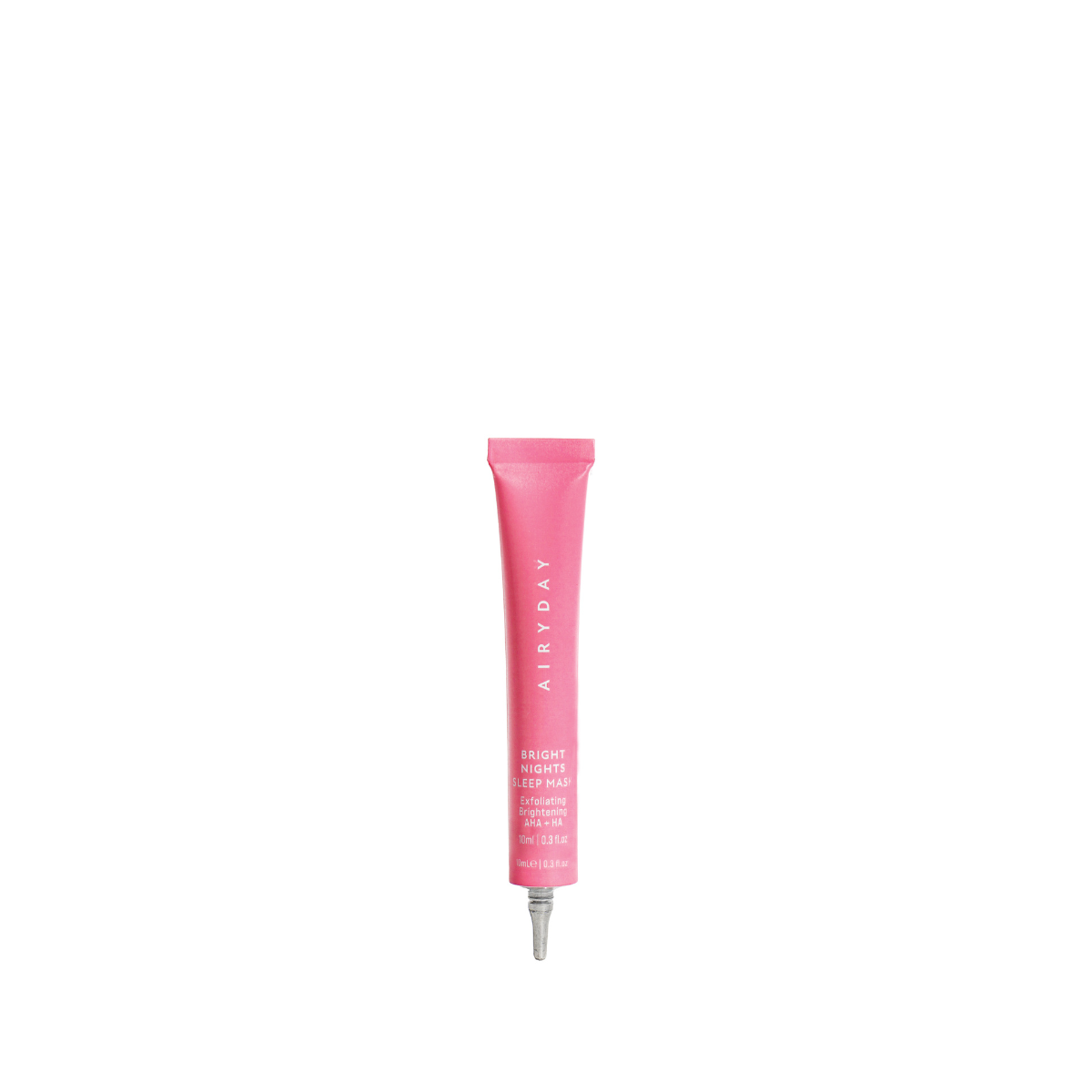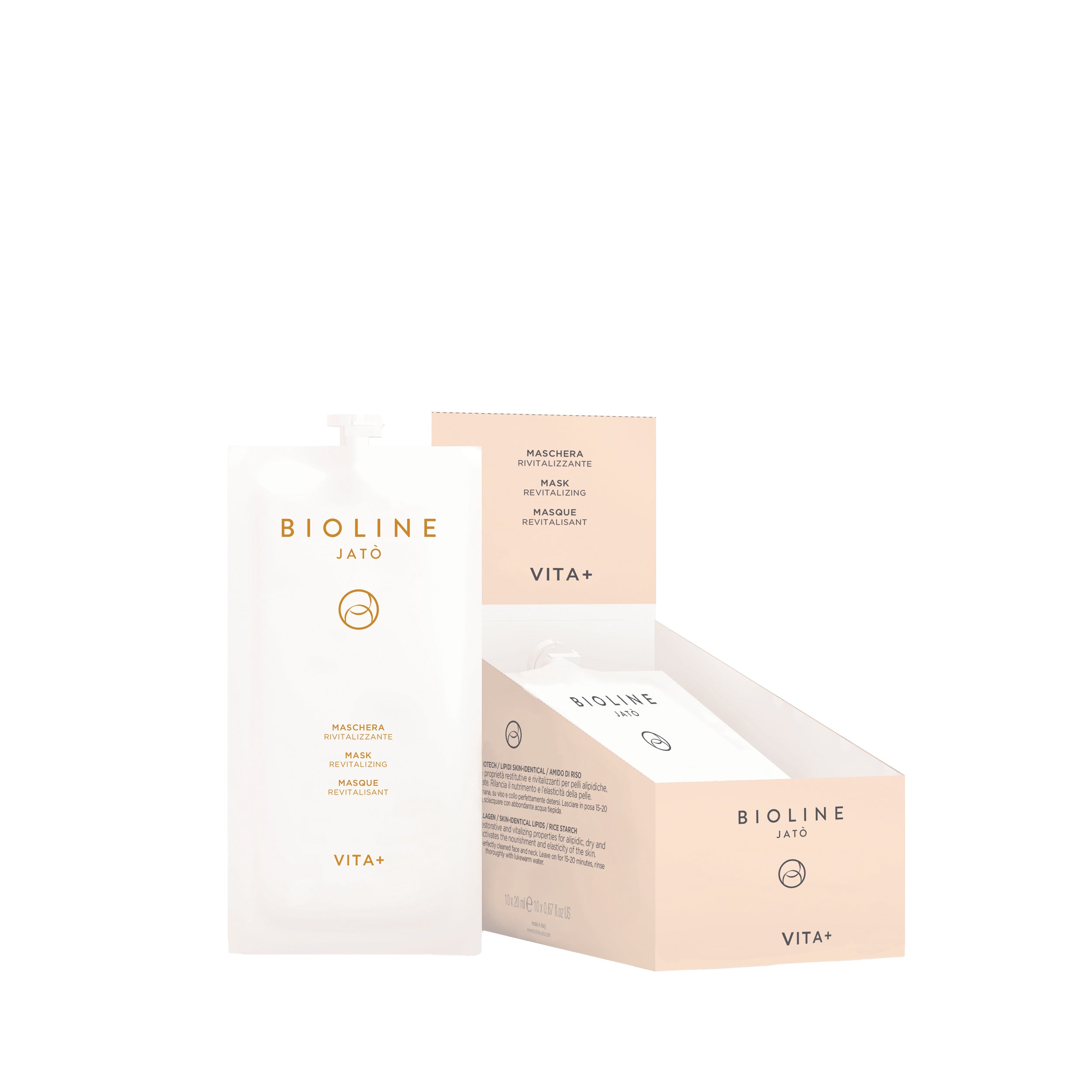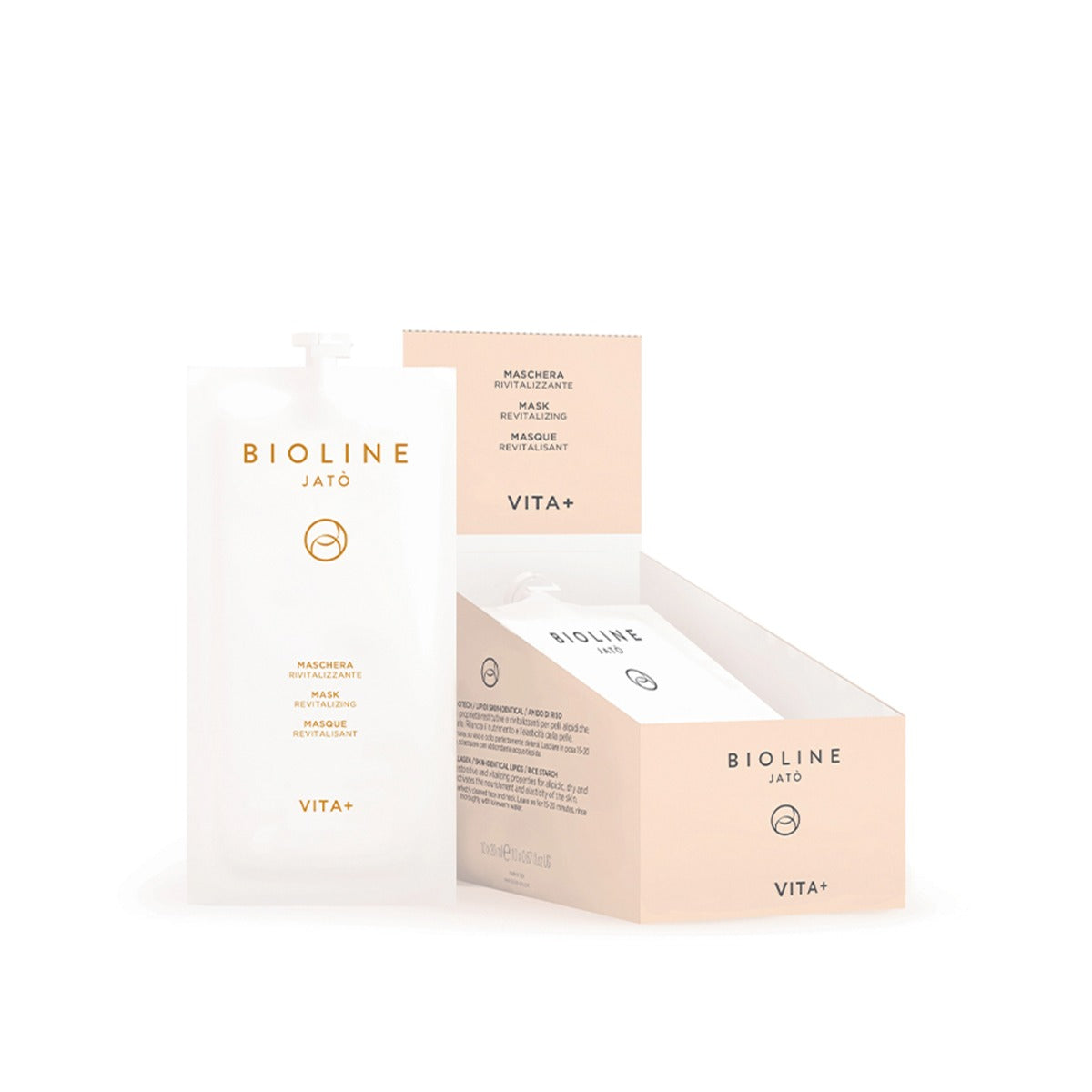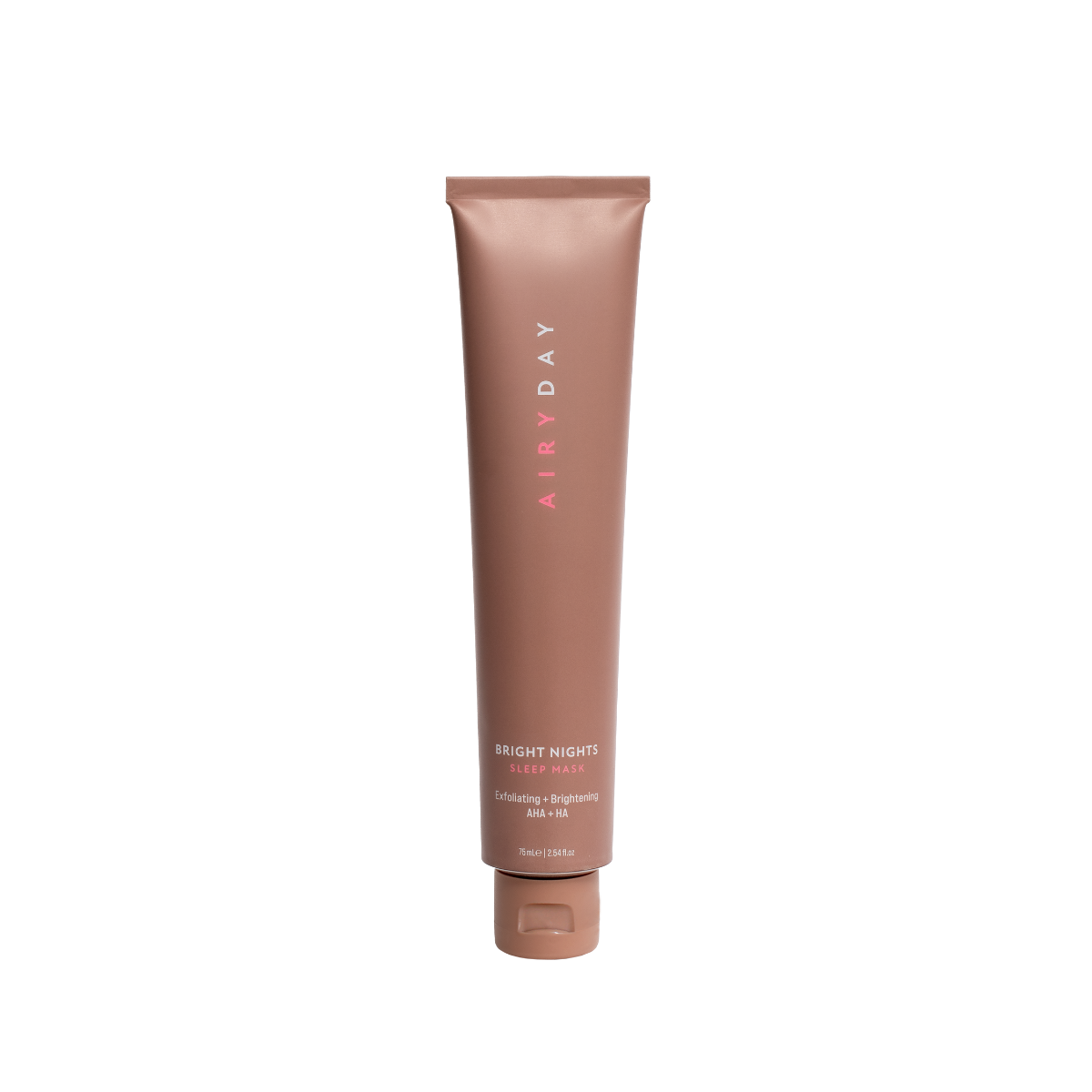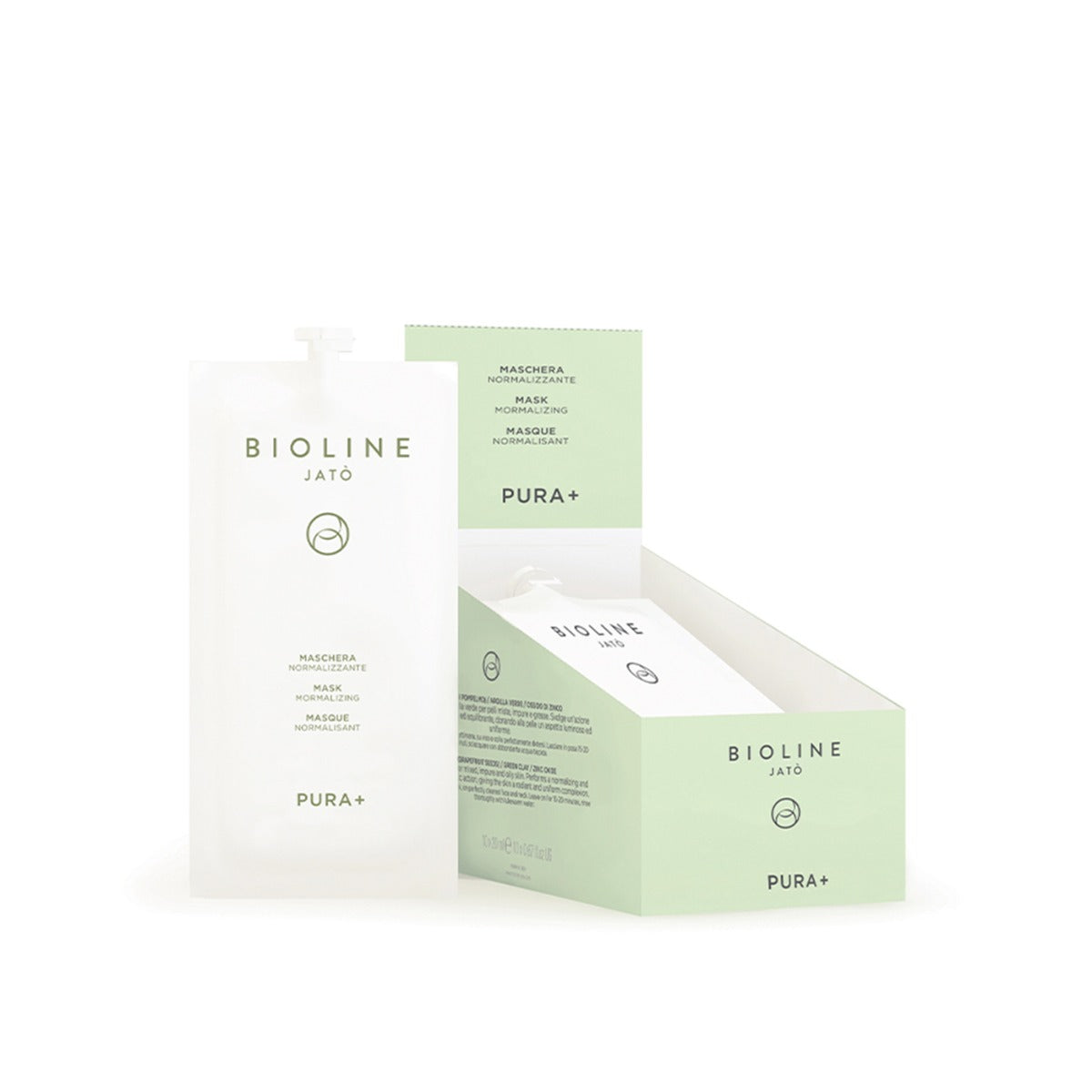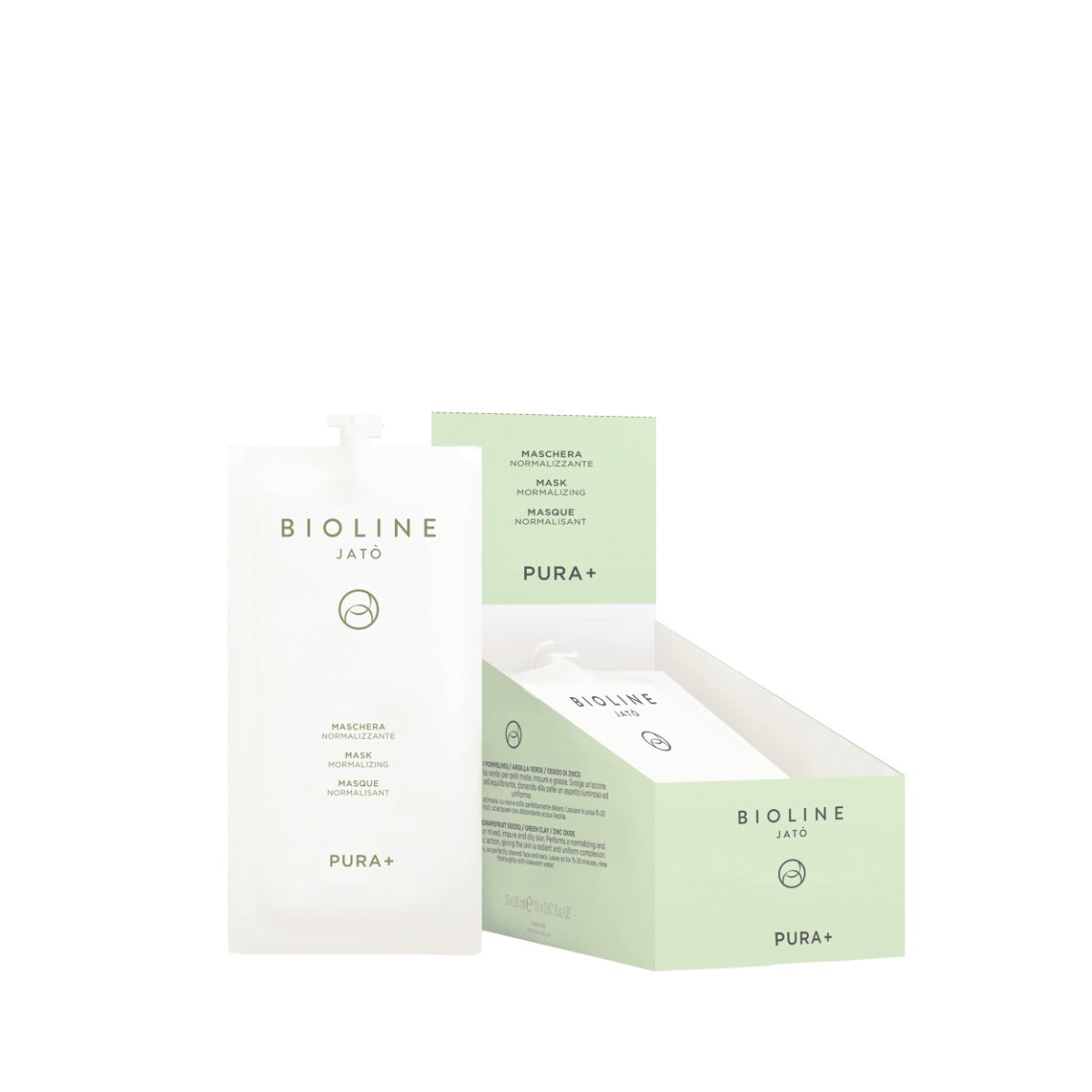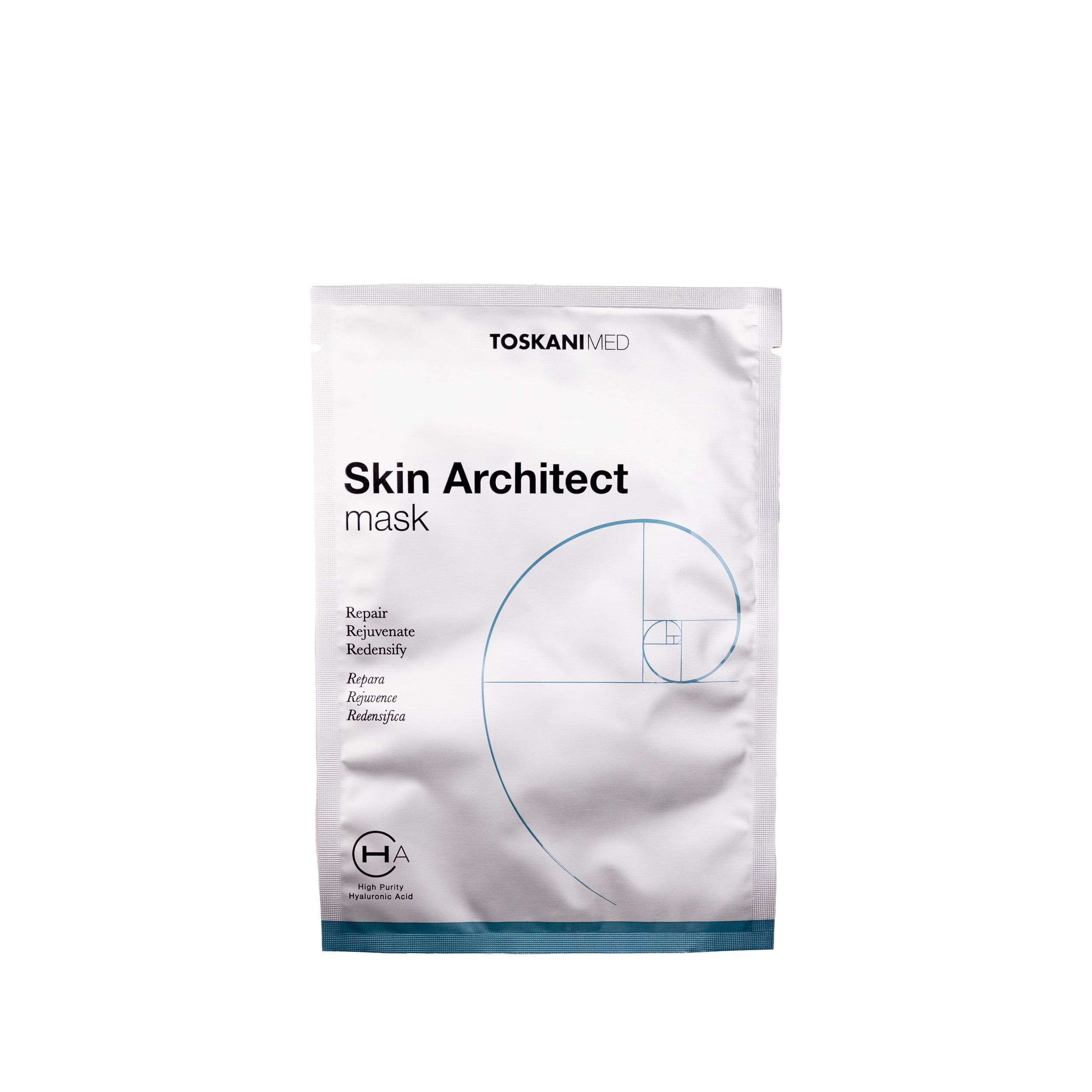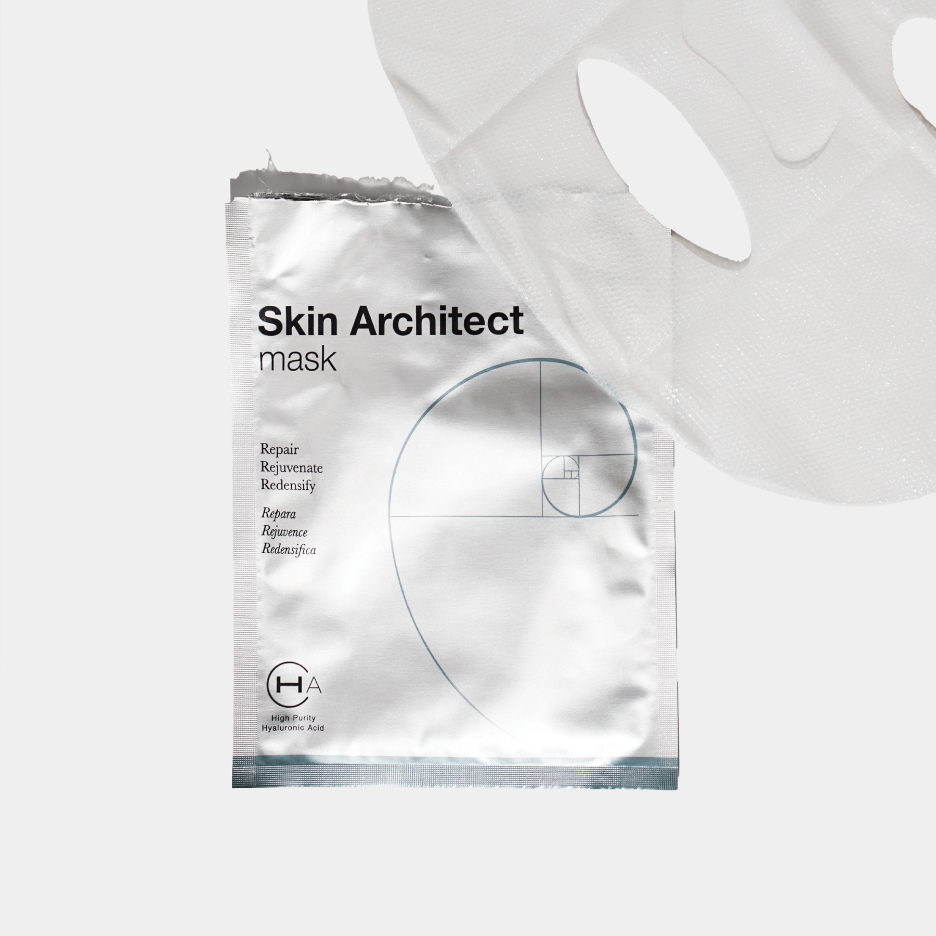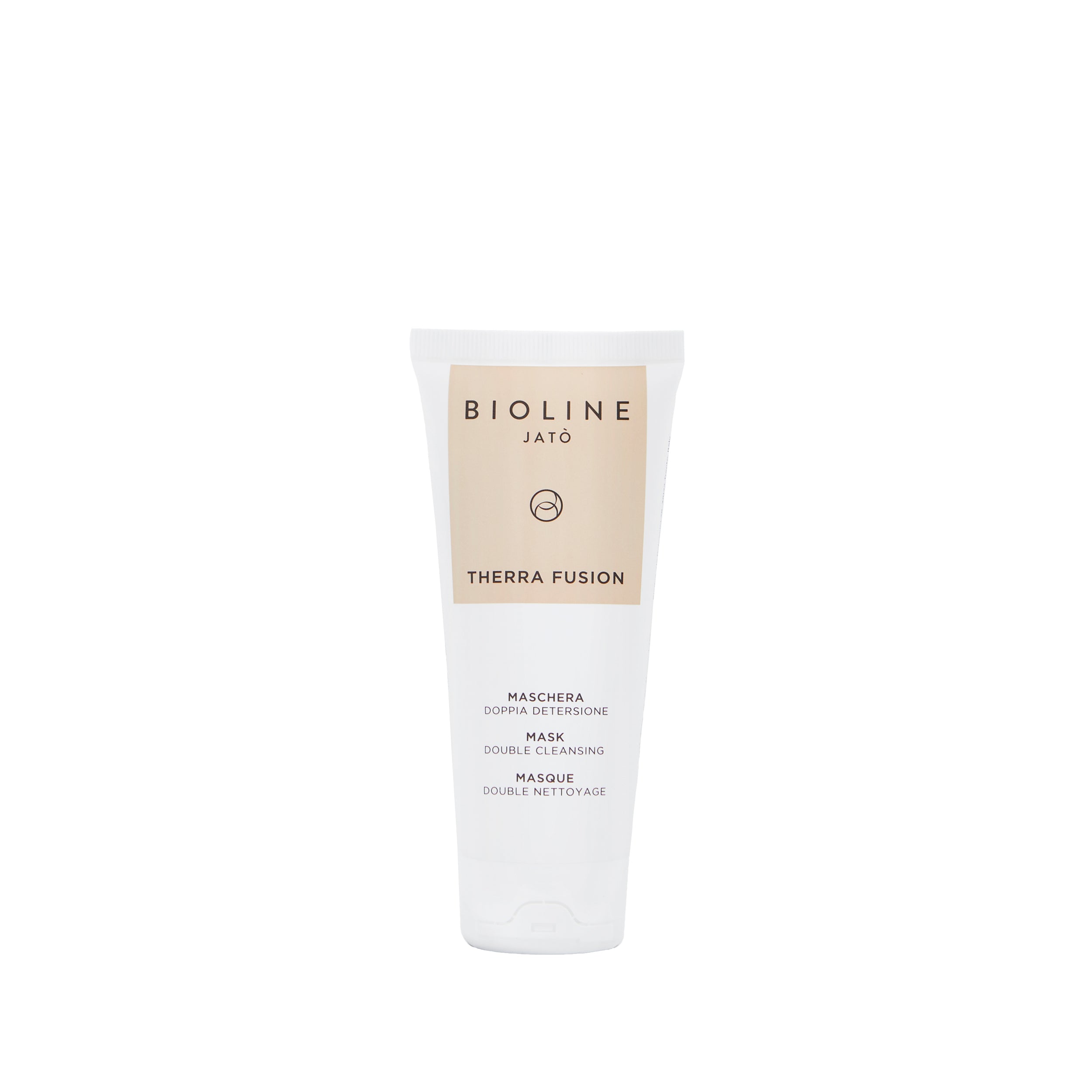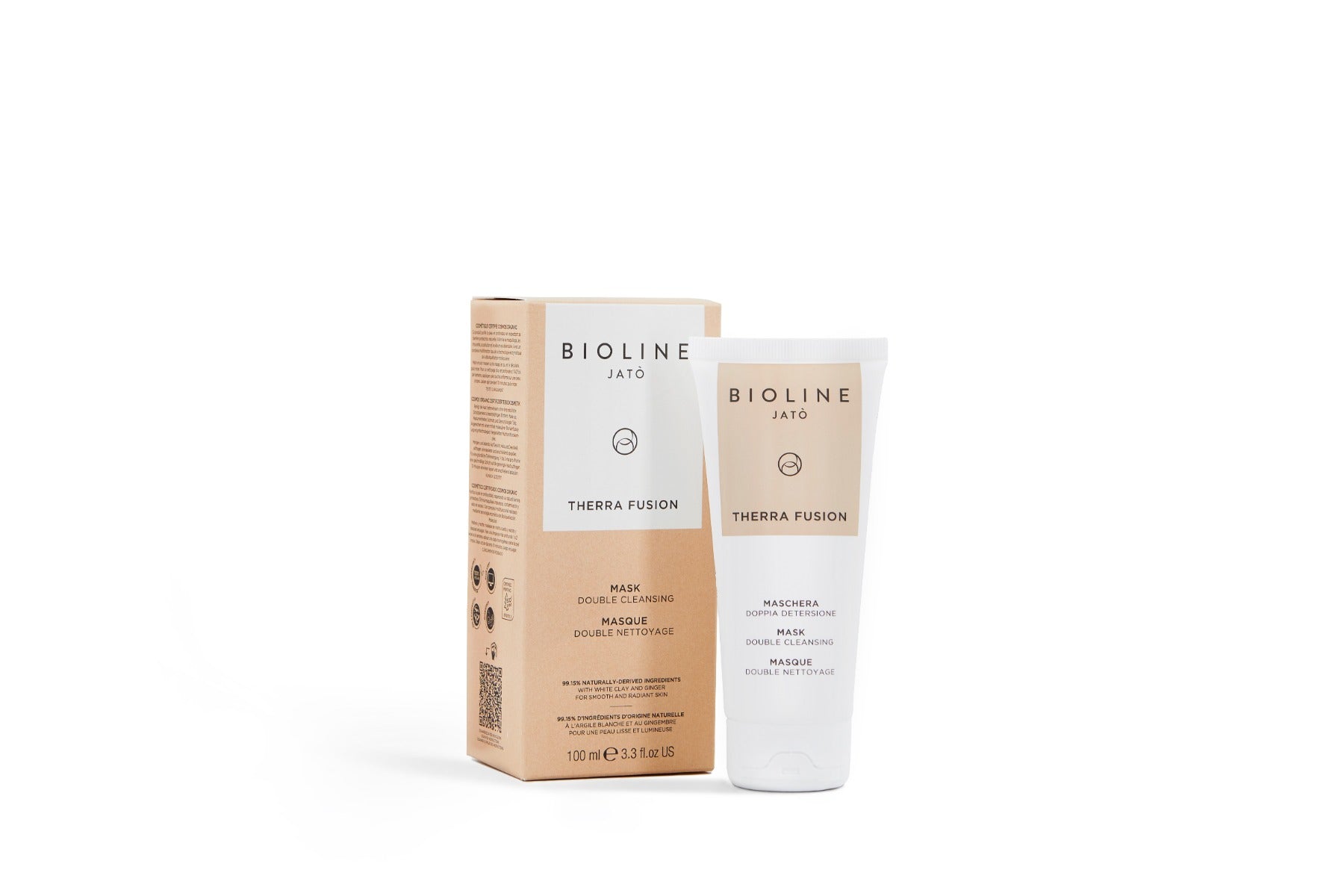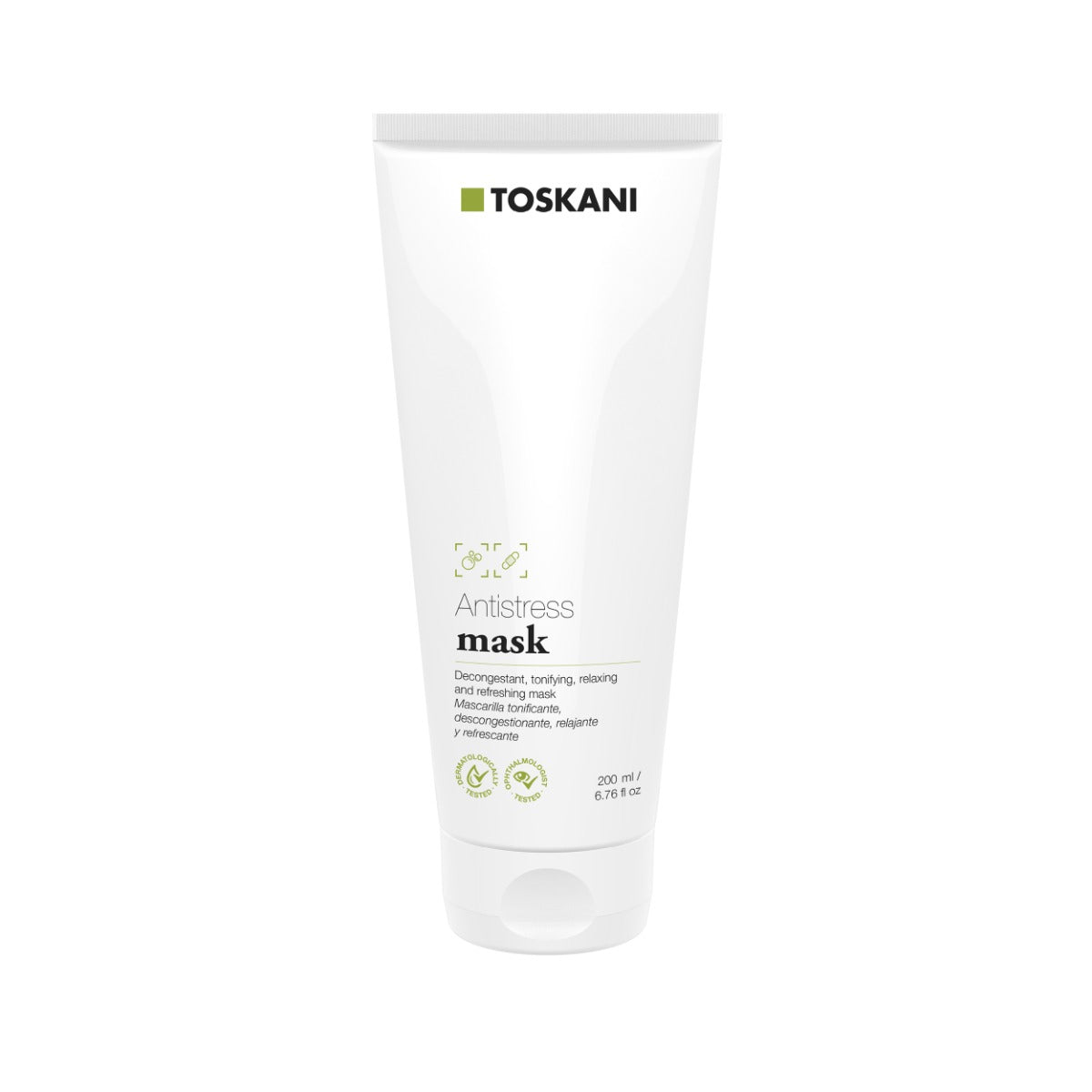Facial Masks for Every Skin Type
Face masks are an essential part of any skincare routine. They deliver concentrated ingredients that target specific skin concerns, offering hydration, clarity, and radiance. At CXCosmetics, our collection of face masks includes options for all skin types, from hydrating and soothing masks to purifying and firming formulas.
Why Include Face Masks in Your Skincare Routine?
Face masks provide an intensive boost of active ingredients to your skin. Unlike daily moisturisers or serums, masks are left on for longer, allowing the skin to absorb nutrients more effectively. Whether your skin needs extra hydration, brightening, or oil control, incorporating a face mask a few times a week can help maintain balance and glow.
For skin that feels dry or tight, our skincare for dry skin collection pairs perfectly with hydrating masks that deliver moisture deep into the skin.
Choosing the Best Facial Masks for Your Skin Type
It’s important to choose a face mask that matches your skin’s unique needs:
For a firmer, more lifted appearance, consider pairing your mask routine with products from our skin firming cream and lifting products collection.
How to Use Face Masks for Maximum Results
- Cleanse: Start with a clean base to remove impurities.
- Apply the mask evenly: Use a brush or fingertips to apply a generous layer, avoiding the eye area.
- Leave on for the recommended time: Typically 10-20 minutes, depending on the formula.
- Rinse thoroughly with lukewarm water: Gently remove the mask without scrubbing.
- Follow with a toner and moisturiser to lock in benefits and hydrate your skin.
Tips for Incorporating Face Masks into Your Skincare Routine
FAQs About Face Masks
1. How often should I use a face mask?
You should use a face mask one to three times a week, depending on your skin type and the mask’s ingredients. Using a face mask regularly helps to hydrate, purify, or exfoliate your skin, depending on its formula.
2. Can face masks help with acne?
Yes, face masks can help with acne. Look for face masks with ingredients like clay, salicylic acid, or tea tree oil, which help absorb excess oil, unclog pores, and reduce inflammation, making them effective for acne-prone skin.
3. Should I moisturise after using a face mask?
Yes, you should moisturise after using a face mask. Moisturising helps to lock in hydration and nutrients from the mask and keep your skin feeling soft and smooth.
4. Can I use face masks on sensitive skin?
Yes, you can use face masks on sensitive skin, but choose gentle, fragrance-free options with soothing ingredients like aloe vera or chamomile. Always patch test first to avoid irritation.
5. Are clay masks good for oily skin?
Yes, clay masks are good for oily skin. Clay masks absorb excess oil, unclog pores, and leave the skin feeling refreshed and balanced, making them ideal for controlling shine and preventing breakouts.





